프로그램
| October 22 (Wed) | October 23 (Thu) | October 24 (Fri) | |||
|---|---|---|---|---|---|
| Time | Program | Time | Program | Time | Program |
| 10:30-11:00 (30’) | 개회식 | 09:40-11:30 (110’) | [K3] 지속 가능한 해양을 위한 친환경 에너지 및 기자재 솔루션 |
09:30-10:45 (75’) | [K6] 조선산업의 지속가능성 향상을 위한 전략 |
| 10:45-11:00 (15’) | Break | ||||
| 11:00-11:30 (30’) | 기조연설 | ||||
| 11:00-12:00 (60') | [Special Session] 지정학적 변화와 대응 - 신시장 개척 |
||||
| 11:30-12:50 (80’) | Break | 11:30-13:00 (90’) | Lunch Session (후원기업: Rakuten Symphony) |
12:00-14:00 (120’) | Break |
| 12:50-14:55 (125’) | [K1] 세계 해운·조선의 변화와 기회 | 13:00-14:50 (110’) | [K4] 디지털 전환이 이끄는 해양 기술 혁신 : 연결성, 자율성, 전기화 |
14:00-16:00 (120’) | 제4회 청소년 코마린 토론대회(본선) |
| 14:55-15:10 (15’) | Break | 14:50-15:10 (20’) | Break | ||
| 15:10-17:00 (110’) | [K2] 미래 해양 산업과 혁신 : SMR, MRO, 북극항로의 융합과 발전 |
15:10-17:20 (130’) | [K5] 세계 기자재 기술 트렌드 및 산업 동향 | ||
| 시간 | 프로그램 | ||
|---|---|---|---|
| 10:30-11:00 (30’) | 개회식 | ||
| 11:00-11:30 (30') | KN |
Keynote Speech : Marine Renewables and Beyond: Marine Green Energy Innovation toward Decarbonizing Era
Keyyong Hong (Korea Research Institute of Ships and Ocean Engineering, President, Korea) 해양 재생에너지와 미래 전망: 탈탄소 시대를 향한 해양 그린 에너지 혁신 | 홍기용 소장(선박해양플랜트연구소) |
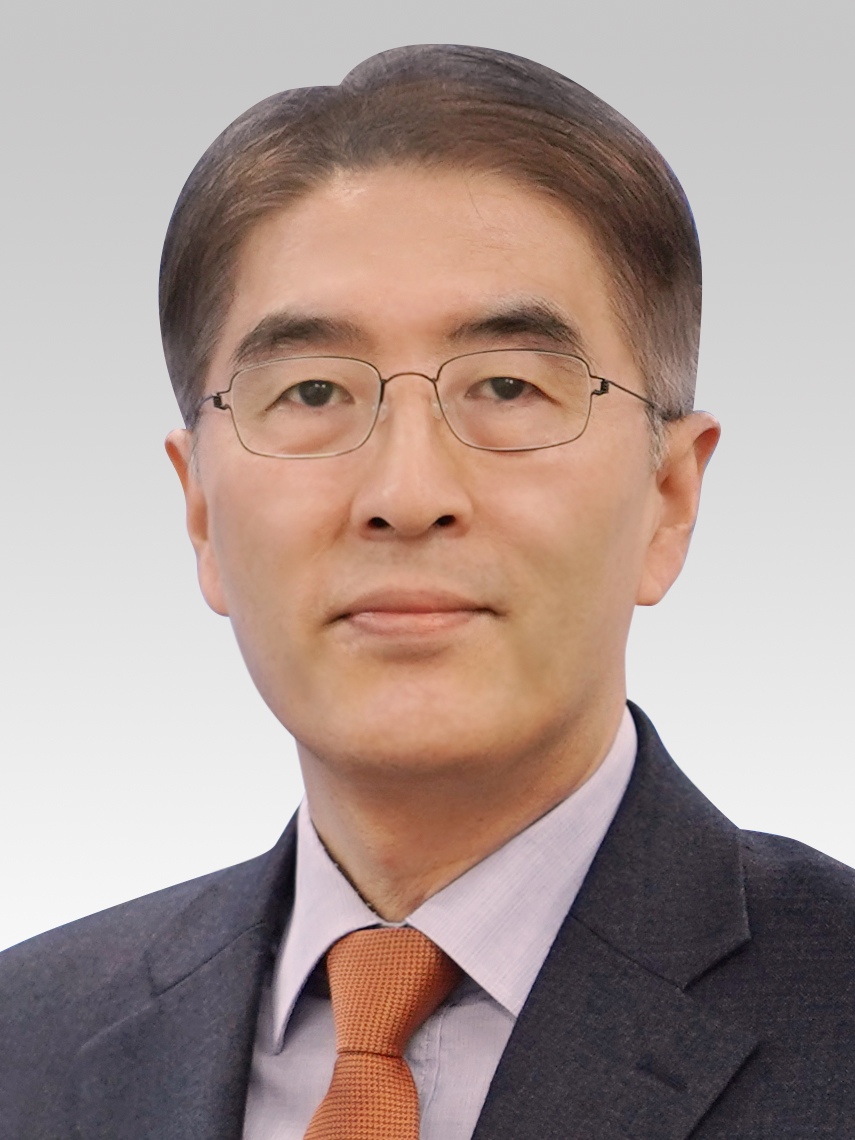
Keyyong Hong
Dr. Keyyong Hong is a leading researcher in ocean engineering currently serving as the President of the Korea Research Institute of Ships and Ocean Engineering (KRISO). He also holds the positions of Chairman of the Board of Directors of the Korea Maritime Cooperation Center (KMC) and Vice Chairman of the Korea Offshore Service Industry Association (KOSIA). He received bachelor's and master's degrees in naval architecture from Seoul National University and a Ph.D. in ocean engineering from Texas A&M University. He joined KRISO in 1994 and has since dedicated his career to researching wave mechanics and innovative ocean energy harvesting technologies. He has held a number of key positions at KRISO, including Director of the Offshore Plant Research Division and Vice President. Dr. Hong's contributions extend beyond KRISO. He was Secretary-General of the Korean Association of Ocean Science and Technology Societies (KAOSTS) and President of the Korean Society for Marine Environment and Energy (KOSMEE). Demonstrating his commitment to international collaboration, Dr. Hong served as Chairman of the the East Asian Network for Marine Environment and Energy (EAMEN) and Vice Chairman of the IEA-OES Executive Committee.
Marine renewable energy is emerging as a key solution in addressing the climate crisis and advancing the global transition to clean energy. In particular, offshore wind, wave, and tidal power are increasingly recognized as sustainable energy sources optimized for marine environments. This keynote presentation provides a comprehensive overview of the current status of these three marine renewable technologies by examining their technological maturity. It also offers an in-depth analysis of future global expansion trends and commercialization potential. In April 2025, the International Maritime Organization (IMO) officially approved the Goal-based Fuel Standard (GFS) during its 83rd session of the Marine Environment Protection Committee (MEPC). As a central instrument for achieving net-zero emissions from international shipping by 2050, GFS will require the widespread adoption of carbon-neutral fuels such as e-methanol and e-ammonia. The large-scale production of these synthetic fuels will require a massive supply of clean, zero-emission electricity, with marine renewables expected to play a strategic role. This presentation explores the value and potential of marine renewable energy as a foundational power source for supporting the decarbonization of the international maritime sector. It further discusses the role of marine energy technologies in shaping an integrated global energy-to-fuel ecosystem. In addition, it reviews the integration strategies of large-scale Energy Storage Systems (ESS) to address the intermittency of renewables, as well as prospect of Floating Nuclear Power Plant (FNPP) based on Small Modular Reactors (SMR).
|
| 11:30-12:50 (80’) | Break | ||
| 12:50-14:55 (125') |
[K1] Transformation and Opportunity in the Global Shipping and Shipbuilding Industry Chairperson : Jin-Hoi Hwang (Korea Maritime Institute, Director General, Korea) 세계 해운·조선의 변화와 기회 | 황진회 위원(한국해양수산개발원) |
Chairperson
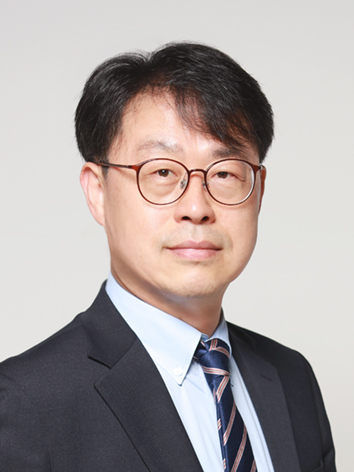
Jin-Hoi Hwang
BiographyResearch Fellow Hwang Jin-hoi served as a researcher,senior researcher, team leader of Inter-Korean maritime cooperation team, headof Arctic Ocean Research Department and Shipping Policy Research Department,and General Manager of the Maritime Research Division. His major researchfields include cruise, shipping and logistics, inter-Korean cooperation, andthe Arctic Ocean. Dr. Hwang's main research interest is the sustainabledevelopment of the Korean marine industry. In particular, he is researchingways to develop the shipping, shipbuilding, and cruise industries, which arecontributing greatly to regional economic development and job creation. |
|
| 12:50-13:15 (25') | K1-1 |
U.S. New Maritime Security Strategy and Its Implications
Ho-Choon Lee (Korea Maritime Institute, Head of KMI-KSA Joint Research Center, Korea) 미국의 신해양 안보 전략과 시사점 | 이호춘 KMI-KSA 공동연구협력센터장(한국해양수산개발원) |

Ho-Choon Lee
Mr. Lee Ho Choon, Ph.D. candidate in environmental economics graduated from the department of economics, Korea University in Seoul and holds an M.A degree (2000) in economics from Korea University. He joined the Korea Maritime Institute (KMI) in 2001 and served as the Director General of the Maritime Policy Research division in KMI form Jan 2024 to April 2025. He has been studying on various subjects in the shipping and maritime industry, such as shipping policy (tonnage tax system, international ship registry), green logistics and maritime safety. He participated in a project related to the economic feasibility of LNG fueled ships in Korea 9 years ago and has recently been interested in research on green shipping fuels (LNG, e-methanol, bio-methanol, e-ammonia, bio-ammonia, h2) and green ship finance in the shipping industry.
The second Trump administration in the United States imposed a 10% basic tariff on countries worldwide to protect domestic manufacturing and address trade imbalances. Additionally, it levied a reciprocal tariff of up to 145% on China, the country with the largest trade surplus with the U.S., later reducing it to 30% after bilateral negotiations in May.
Beyond trade and commerce, the administration is also implementing a new maritime security strategy to curb China's maritime dominance and restore America's own. Two major initiatives under this strategy include the "2025 SHIPS Act" (April 30, 2025), which focuses on revitalizing the U.S. shipbuilding industry and expanding the merchant fleet, and the U.S. Trade Representative (USTR) policy (April 17, 2025) imposing port entry fees on Chinese shipping companies and Chinese-built vessels. Through these measures, the U.S. aims to counter China's maritime influence, narrow the substantial gap between the two countries in terms of shipping fleets and manpower, and ultimately reclaim its maritime supremacy. The U.S. is expected to further intensify its maritime containment of China in the future, making it highly relevant to assess the impact of this new maritime security strategy on South Korea. |
| 13:15-13:40 (25') | K1-2 |
Changes in the Environment of Global Shipping Industry and HMM's Strategies
Min-Kang Kim (HMM, Senior Vice President, Korea) 세계 해운업의 환경 변화와 에이치엠엠의 대응방안 | 김민강 상무(에이치엠엠) |
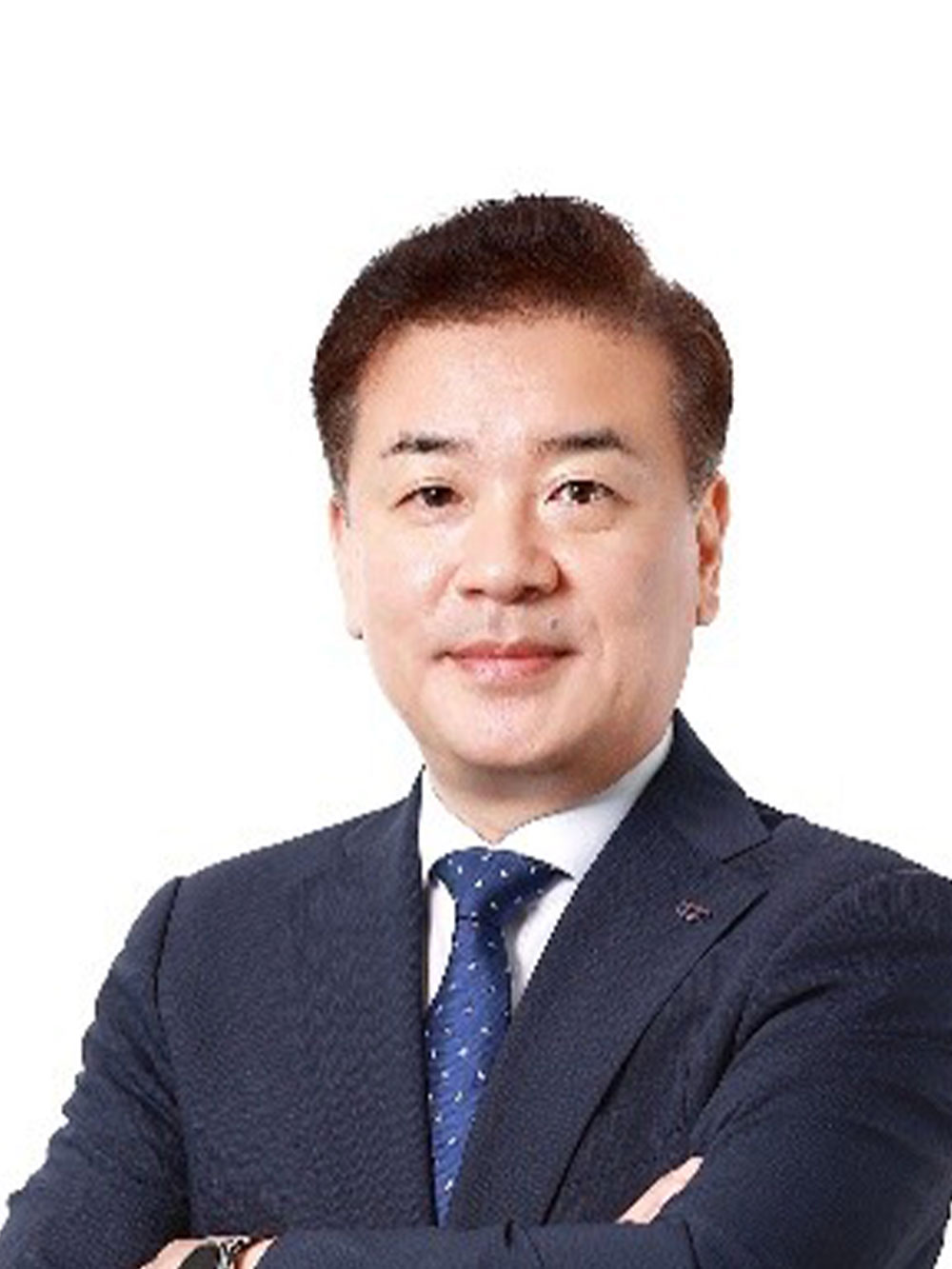
Min-Kang Kim
- 2015-2018 : Representative of HMM Shanghai - 2019-2021 : Head of Container Planning Division - 2022-2025 : Head of Maritime Office/Safety & Health Division
- Geopolitical changes in the global shipping industry
- Environmental issues for the sustainability of the shipping industry - Technical challenges for the future shipping industry - HMM’s strategy for the future |
| 13:40-14:05 (25') | K1-3 |
US Shipbuilding Industry Trends and Market Entry Strategies
Eunchul Lee (Korea Marine Equipment Association, US Representative, USA) 미국 조선산업 동향 및 시장진출 전략 | 이은철 미국거점기지 전문위원(한국조선해양기자재공업협동조합) |

Eunchul Lee
There is over 35 years of worldwide experience in the oil & gas and shipbuilding industries. Initial experience was obtained by working for two of the world's largest offshore and shipbuilding yards, Hyundai Heavy Industries Co., Ltd. (HHI) and Samsung Heavy Industries Co., Ltd. (SHI). Later experience includes various global projects in the USA, Brazil, China, Mexico, etc. The range of experiences and responsibilities encompasses the full scope of offshore business, from business development/tender to project execution and handover. Since joining KOMEA as a representative for the United States, a comprehensive business portfolio has been developed over the past two years. This portfolio aims to facilitate collaboration in shipbuilding between the United States and South Korea, grounded in a thorough understanding of both countries. Summary of Experience
1985 - 1989: Studied Offshore Engineering at Korean Maritime University. 1989 - 2002: Worked at Hyundai Heavy Industries in offshore marketing and various project execution teams. 2002 - 2007: General Manager of Offshore Marketing at Samsung Heavy Industries in the Houston office. 2007 - Present: President of NV Offshore, Inc. based in Houston, TX, providing business consulting services in the oil & gas and shipbuilding industries. 2008 - 2009: Consultant for UTC Engenharia, Brazil, to build a global shipyard in collaboration with STX.
2010 - 2012: Vice President of EPC Projects at Shanghai Waigaoqiao Shipyard (SWS), responsible for offshore business development. 2012 - 2013: Project Planning Manager for the Etileno XXI Polyethylene project in Mexico, a joint venture between Odebrecht, Technip, and Ica Fluor. 2013 - 2019: Director of Capital Projects at Exmar Offshore Company in Houston, responsible for tender and execution of offshore projects. 2022 - Present: US Representative of KOMEA based in Houston, focusing on the export of Korean shipbuilding and oil & gas products and services, and currently working on the shipbuilding collaboration plan between the US and South Korea.
- Oveview of K-Shipbuilding
- Overview of the US shipbuilding industry - Goals and challenges of the US shipbuilding industry - Measurement of shipbuilding capability - Areas of improvement for the US shipyards - K-Shipbuilding values to the US shipyards - Governments' support to the US-Korea shipbuilding collaboration - Summary |
| 14:05-14:30 (25') | K1-4 |
Navigating Maritime Transformation in a Fragmented World: Geopolitics, Energy, and Engineering Futures
Santiago de Andrés Herrero (Ghenova Engineering Korea, CEO, Korea) 분절된 세계 질서 속 해양 산업의 전환: 지정학, 에너지, 그리고 엔지니어링의 미래 | 산티아고 데 안드레스 CEO(헤노바엔지니어링코리아) |

Santiago de Andrés Herrero
Master’s degree in Oceanic and Marine architecture and Executive NBA. Reliable and recognized person in the maritime industry, due to a long experience as Project manager and Business Development Director, specialized in the Marine market worldwide, but also in Oil & Gas, EPC offshore and offshore wind activities worldwide. Used to working and negotiating successfully under high pressure and with senior management of governments and administrations, organizations or multinational companies. With 25 years of experience in project management and commercial management, highlighting experience in the following markets: • CRUISES AND YACHTS: 10 years of experience as a BDM and Project manager • DEFENCE :(NDA): more than 25 years of experience as BDM & TECHNICIAN in launching combat units, patrol vessels, corvettes and frigates. • OFFSHORE O&G: 15 years of experience as BDM and TECHNICIAN • NEGOTIATION WITH INTERNATIONAL ORGANISATIONS AND SENIOR LEADERS: 20 years of experience working with UN, IMO, NATO, IMF and OECD. Education • Master's Degree in Business Management and Administration. ISEAD Business School International Classification. • Technical Business Management and Marketing. University of Catalonia. • Naval Architect and Ocean Engineer (MSc.). Escuela Universitaria Naval y Oceánica de La Coruña (Spain) • Advanced Strategy Implementation Management Programme Profesional Experience • GHENOVA ENGINEERING KOREA-CEO and Asia Area Manager at Ghenova Korea Engineering. • AMERICAN BUREAU OF SHIPPING Project Manager (European Division ) London. • LLOYDS REGISTER OF SHIPPING Classroom and Statutory programmer coordinator. Southamptom UK
1. Opening Remarks – A Sector Under Pressure and Reinvention
• Welcome and context: Global maritime industry is under simultaneous pressure and evolution • Brief reference to key disruptions: conflicts in Ukraine and the Middle East, rising great-power rivalry • Maritime transport, energy infrastructure, and shipbuilding are now frontline industries, not just economic sectors 2. Global Geopolitical Tensions and Their Maritime Consequences • Ukraine–Russia War: Disruption of Black Sea routes, redirection of grain and energy flows • Middle East Instability: Risk in the Suez Canal and Red Sea, rerouting via Cape of Good Hope, rising security costs • U.S.–China Rivalry: Strategic decoupling and its impact on shipyard sourcing and logistics resiliency • Increased investment in naval and dual-use fleets across Europe, Asia, and the Americas • Maritime chokepoints are now geopolitical risk centers 3. Strategic Shifts in Global Shipbuilding and Shipping • Demand increase not only in volume, but in specialization (LNG carriers, FSRUs, dual-fuel vessels) • Greater emphasis on supply chain security, lifecycle support, and digital design capabilities • A shift from “lowest cost” to “resilient and reliable” partners • The importance of engineering firms that provide flexibility, supervision, and rapid scalability 4. Offshore Energy and the Acceleration of Green Maritime Projects • Offshore wind, hydrogen, and carbon capture are now gaining traction across Europe, the U.S., and Asia • The return of O&G investments, particularly in Africa, the Middle East, and Southeast Asia (FPSO, FSU conversions) • Large-scale engineering partners needed to manage hybrid portfolios — renewables + conventional energy • Importance of digital tools and simulation environments for FEED, detail design, and integration across platforms 5. Engineering, Partnerships, and Global Talent Challenges • Pressure on skilled labor and design engineers worldwide • The rise of strategic alliances between shipyards, engineering firms, and software providers • The need for flexible, multi-disciplinary teams that can handle both high-end technical work and fast-track delivery • Opportunities for companies that can combine maritime domain knowledge with global adaptability 6. Conclusion – Resilience Through Strategic Collaboration • The maritime sector must now prepare for sustained geopolitical risk, regulatory change, and energy transformation • Collaboration across borders — between shipowners, engineering firms, and energy developers — is no longer optional • There are great opportunities for those who can adapt and lead amidst uncertainty • A resilient maritime future will be built by those who are both technically strong and strategically agile |
| 14:30-14:55 (25’) | Q&A and Discussion | ||
| 14:55-15:10 (15’) | Break | ||
| 15:10-17:00 (110') |
[K2] Innovation and Future Maritime Industries: SMR, MRO, and Arctic Equipment Chairperson : Kang-Woo Chun (National Korea Maritime & Ocean University, Professor, Korea) 미래 해양 산업과 혁신: SMR, MRO, 북극항로의 융합과 발전 | 천강우 교수(국립한국해양대학교) |
Chairperson
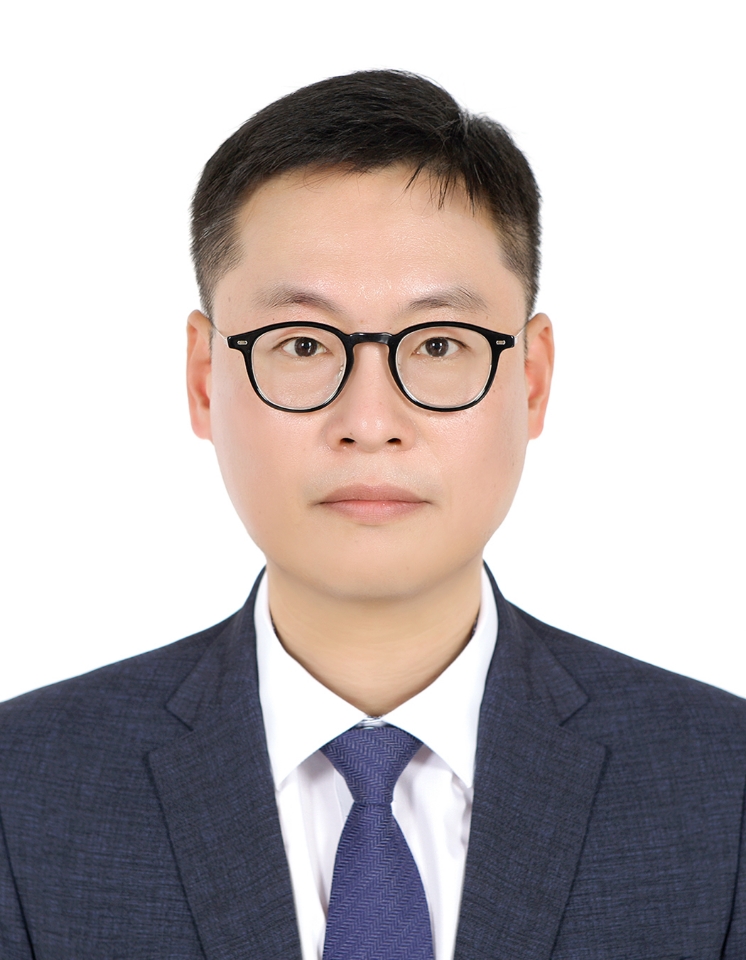
Kang-Woo Chun
BiographyEducation • Ph.D. in Mechanical and Aerospace Engineering - Seoul National University, Seoul, South Korea - Mar. 2004 - Feb. 2009 - Final Thesis : Numerical Study on Characteristics of Non-premixed Methane Flames in Twin-jet Counterflow • M.S. in Mechanical and Aerospace Engineering - Seoul National University, Seoul, South Korea - Mar. 2001 - Feb. 2003 Professional Experience • Director/Team Leader - Korean Register, Green Ship Test & Certification Center, Busan, South Korea - Feb. 2013 – Mar. 2023 - R&D and center operations • Team Leader - Korean Register, Green Ship Test & Certification Center, Busan, South Korea • Jan. 2013 – Sep. 2015 • Senior Researcher - Korean Register, Busan, South Korea - Feb. 2009 – Dec. 2012 Affiliations • Expert Member, Energy and Industrial Transition Subcommittee r - Presidential Commission on Carbon Neutrality and Green Growth, Republic of Korea - Dec. 2023 - Present • Expert Member, Industrial Technology Protection Committee - Ministry of Trade, Industry and Energy (MOTIE), Republic of Korea - Nov. 2023 - Present • Non-Executive Director, Steering Committee - Korea Institute of Marine Science & Technology Promotion (KIMST) - Nov. 2023 - Present Awards • Minister’s Commendation, Ministry of Science and ICT, Ministry of Oceans and Fisheries, Korea(2018) - Recognized as an outstanding national R&D researcher (Principal Investigator of research projects) • Best R&D Project Awards, Ministry of Oceans and Fisheries, Republic of Korea (2020) - “Establishment of Eco-friendly Ship TCS System” • Contributed to enhancing domestic eco-friendly ship technology in response to IMO environmental regulations. • Established Green Ship Equipment Testing & Certification Center (performance evaluation of ship engines and eco-friendly ship equipment). • Developed evaluation guidelines and technical standards for eco-friendly ship technologies. • Built the TCS system for testing, certification, and standardization of eco-friendly ship technologies. • Minister’s Commendation, Ministry of SMEs and Startups, Republic of Korea (2024) - Awarded for outstanding contributions to regulatory free zones (individual award) • Minister’s Commendation, Ministry of Trade, Industry and Energy, Republic of Korea (2024) - Awarded for contributions to the development of the shipbuilding and marine industry (individual award) |
|
| 15:10-15:30 (20') | K2-1 |
Development of Ultra-Gap Carbon-Free Nuclear Propulsion Marine Reactor (SMR) Technology
Jeong_Hyeon Lee (HD Korea Shipbuilding & Offshore Engineering, Senior Researcher , Korea) 초격차 무탄소 추진 해양 원자로(SMR) 기술 개발 | 이정현 책임연구원(HD한국조선해양) |
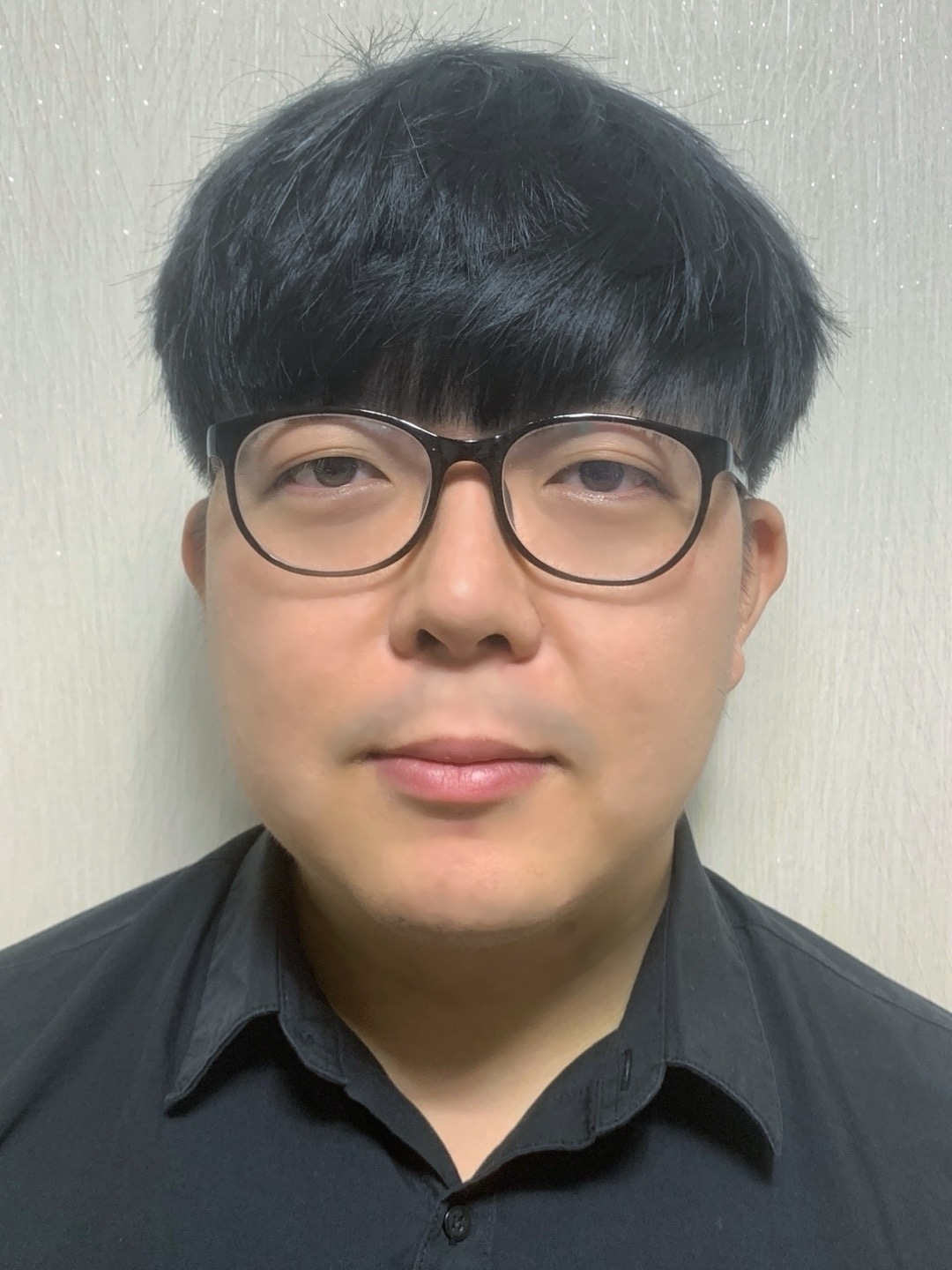
Jeong_Hyeon Lee
[Education] PhD : Nuclear Engineering / Department of Nuclear Engineering / Ulsan National Institute of Science and Technology, Ulsan, Republic of Korea (Mar. 2014 – Aug. 2021) B.Sc. : Nuclear Science & Engineering / Ulsan National Institute of Science and Technology, Ulsan, Republic of Korea (Mar. 2010 – Feb. 2014) [Career Experience] 2024.01 – Recently, HD KSOE, Senior Researcher 2021.09 – 2024.01, Seoul Narional University, Postdoctoral Researcher
In response to the rising demand for carbon-neutral maritime technologies, HD Korea Shipbuilding & Offshore Engineering (HD KSOE) is actively developing advanced nuclear propulsion systems for ships. Leveraging its world-leading expertise in shipbuilding, HD KSOE aims to gain a strategic edge in the emerging nuclear marine sector by integrating next-generation Small Modular Reactor (SMR) technologies.
Container ships have been chosen as the initial application platform, as they offer optimal conditions for nuclear propulsion—characterized by high energy demand, consistent cruising speeds, and large cargo capacity. HD KSOE’s nuclear-powered vessel concept is built around three core technologies: - A high-efficiency supercritical CO₂ power conversion system - A radiation shielding system tailored for the marine environment - A maritime SMR safety system, supported by dedicated marine environmental test facilities While interest in nuclear propulsion continues to grow, key challenges remain, including licensing hurdles, public acceptance, and the absence of comprehensive international regulations. HD KSOE is proactively addressing these barriers with a strategic focus on technology readiness, scalability, and robust safety validation. Moreover, HD KSOE’s advanced manufacturing capabilities—proven through its participation in global nuclear projects such as ITER, K-STAR, and TerraPower’s Natrium—position the company as a frontrunner in carbon-free, nuclear-powered shipping. This presentation will highlight HD KSOE’s strategic rationale for entering the nuclear sector, introduce the key elements of its nuclear-powered vessel concept, and outline the company’s vision for advancing nuclear propulsion in the maritime industry. |
| 15:30-15:50 (20') | K2-2 |
Growth Potential of Naval Vessel MRO Business as a Future Industry
Volodymyr Vorobets (American Bureau of Shipping, ABS Surveyor, Korea) 미래산업으로서 함정 MRO사업의 성장 가능성 | 볼로디미르 보로베츠 수석검사관(ABS) |
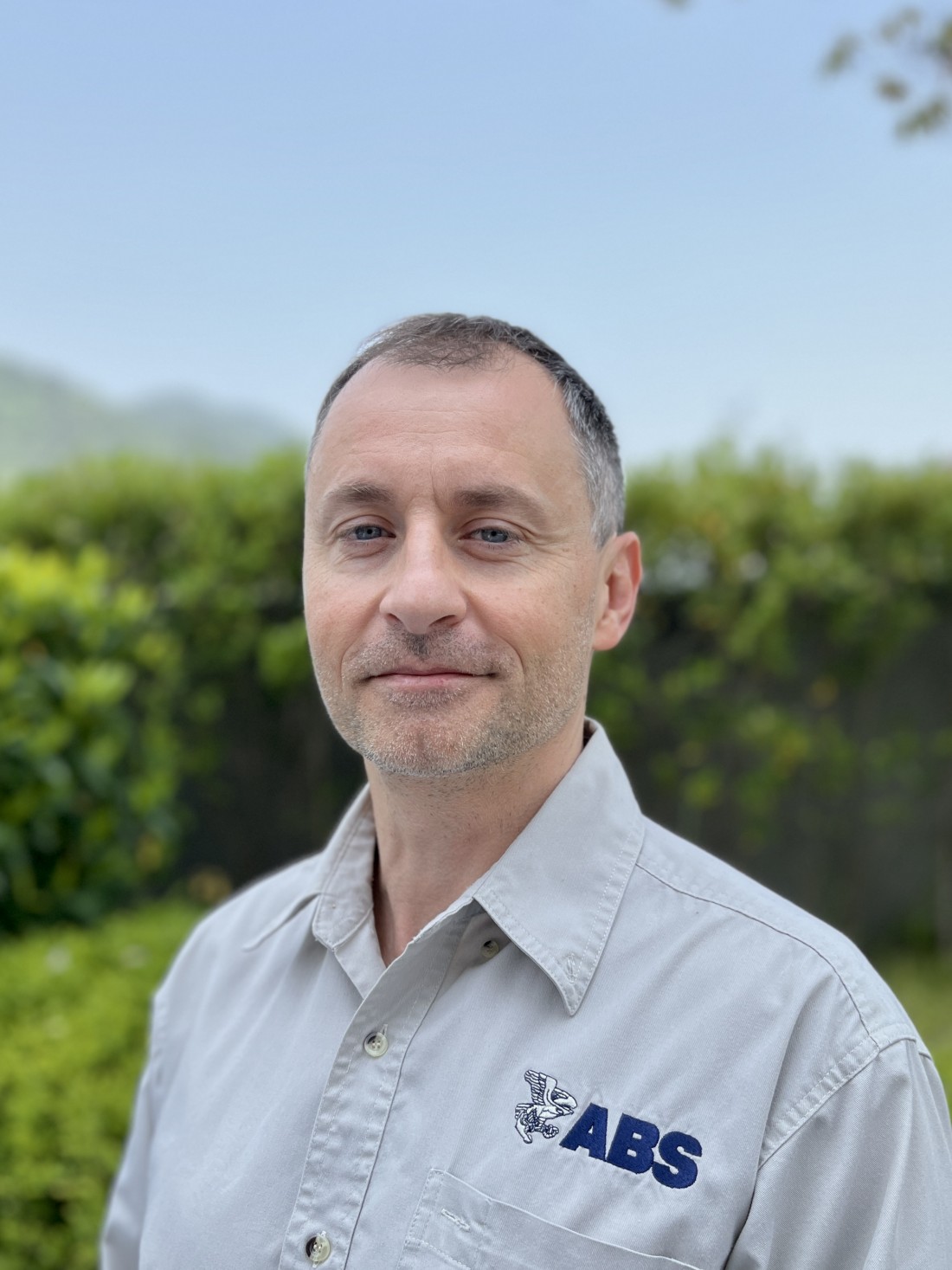
Volodymyr Vorobets
- MarineEngineering University Degree - SevenYears of Experience as Marine Engineer Onboard - 11years in ABS, in 4 different USA ports, Houston corporate, and ABS Korea - Experienced MarineClassification Senior Surveyor and Auditor with Extensive Experience Workingwith Government Entities (US Navy Ships) and Commercial Vessels
MRO Projects.
Security Requirements Opportunities / Potential What’s involved / What kind of services How can be prepared get into business / Requirements Questions |
| 15:50-16:10 (20') | K2-3 |
Ships for Arctic Operation
Hae-Ki Jang (Samsung Heavy Industries, EVP / CTO, Korea) 쇄빙 선박의 전망 | 장해기 부사장/기술개발본부장(삼성중공업) |
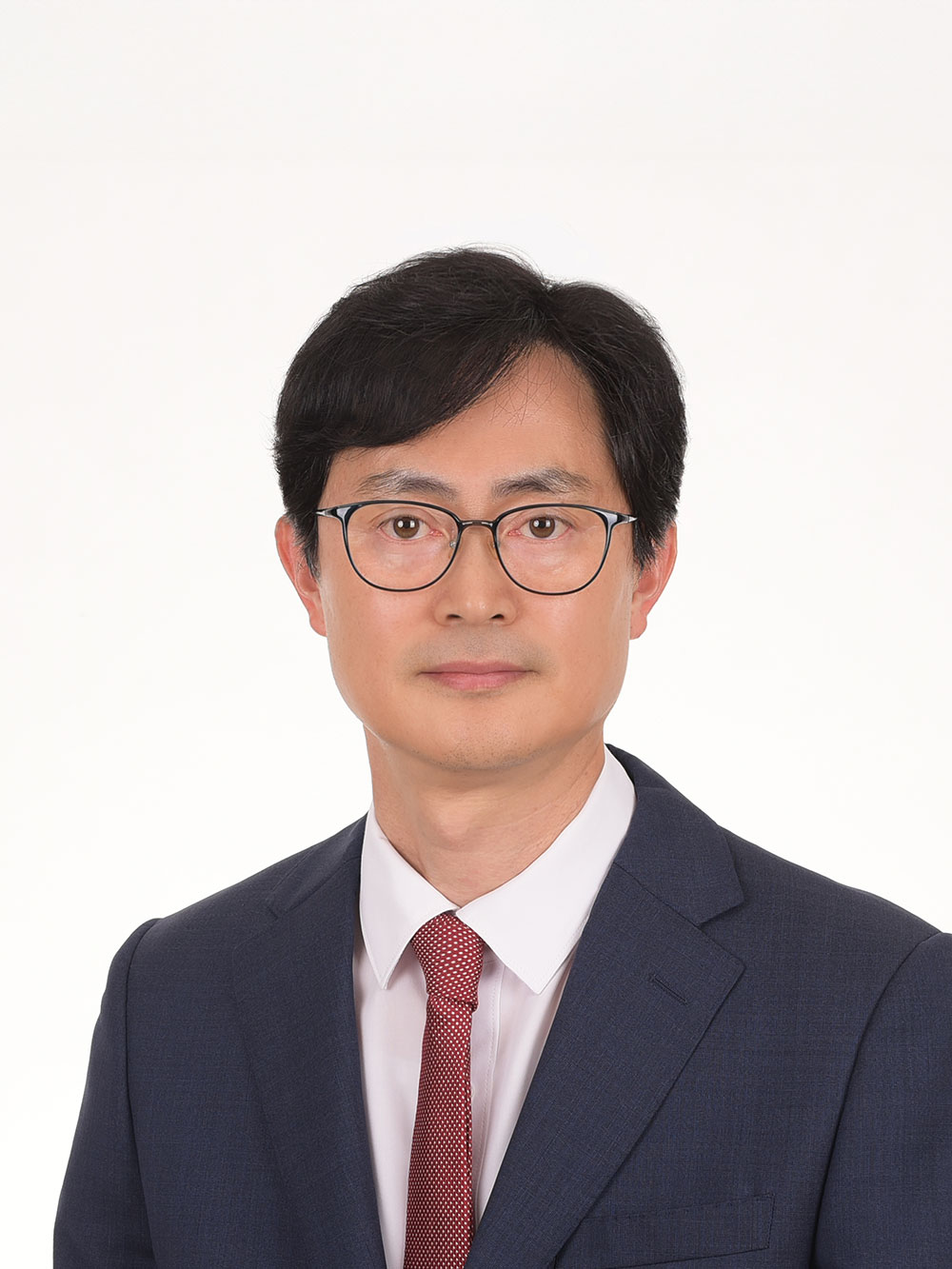
Hae-Ki Jang
Mr. HaeKi Jang Executive Vice President / CTO Samsung Heavy Industries Co., Ltd. PERSONAL PROFILE Name in Full : HaeKi Jang Certificate: Profession Engineer in Mechanical Engineering EDUCATION 2016 Completion of Doctor Degree Course in Tech-Business-Policy Major 2012 Master’s degree in MBA 1994 Bachelor’s degree in Mechanical Engineering EXPERIENCE 2022~ CTO /Executive Vice President (Engineering Operation) 2015~ Vice President (Engineering Team) 2010~ General Manager (Basic Design Team)
|
| 16:10-16:30 (20') | K2-4 |
WinGD – Engine and Technology Advancements for Low Carbon Shipping
Marcel Ott (WinGD, Head of Strategic Marketing, Switzerland) 저탄소 해운 실현을 위한 엔진 및 기술 발전 | 마르셀 옷 전략 마케팅 책임자(윈지디) |
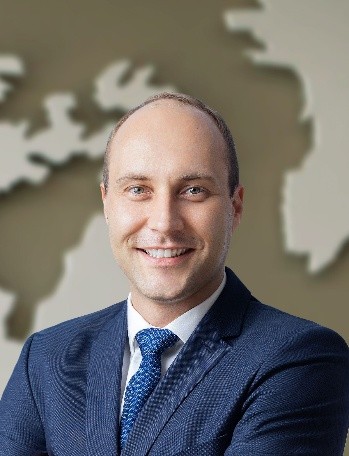
Marcel Ott
Marcel Ott Head of Strategic Marketing Marcel Ott has a degree in mechanical engineering from The Zurich University of Applied Sciences (ZHAW). He has over 17 years of international experience in developing, validating, commissioning and troubleshooting maritime engine applications. Marcel joined WinGD in 2008 as a Development Engineer for fuel injection systems. In 2011, he transitioned to a leadership role in the management and technology development of X-DF engines. In 2018, Marcel relocated to Shanghai to serve as General Manager of Operations in China, overseeing manufacturing, testing, installation, and operation of WinGD engines. By 2021, he had taken on the responsibility for WinGD’s sales activities in China, fostering relationships with engine builders, shipyards, and operators. In 2022, Marcel returned to Switzerland to lead WinGD’s Global Application Engineering team, providing technical sales support for newbuilding projects. In 2025, he was appointed Head of Strategic Marketing.
This presentation will provide a brief overview of the latest greenhouse gas (GHG) regulations and how WinGD addresses these reductions through advancements in LNG, Methanol, and Ammonia engine development. Additionally, the presentation will provide an overview of the latest available technologies and their implementation status, supporting the transition to low carbon shipping.
|
| 16:30-17:00 (30’) | Q&A and Discussion | ||
| 시간 | 프로그램 | ||
|---|---|---|---|
| 09:40-11:30 (110') |
[K3] Green Energy and Green Equipment Technologies Chairperson : Kang-Hyun Song (Korean Register, Head of the Decarbonization R&D Center, Korea) 지속 가능한 해양을 위한 친환경 에너지 및 기자재 솔루션 | 송강현 소장(한국선급 친환경선박해양연구소) |
Chairperson
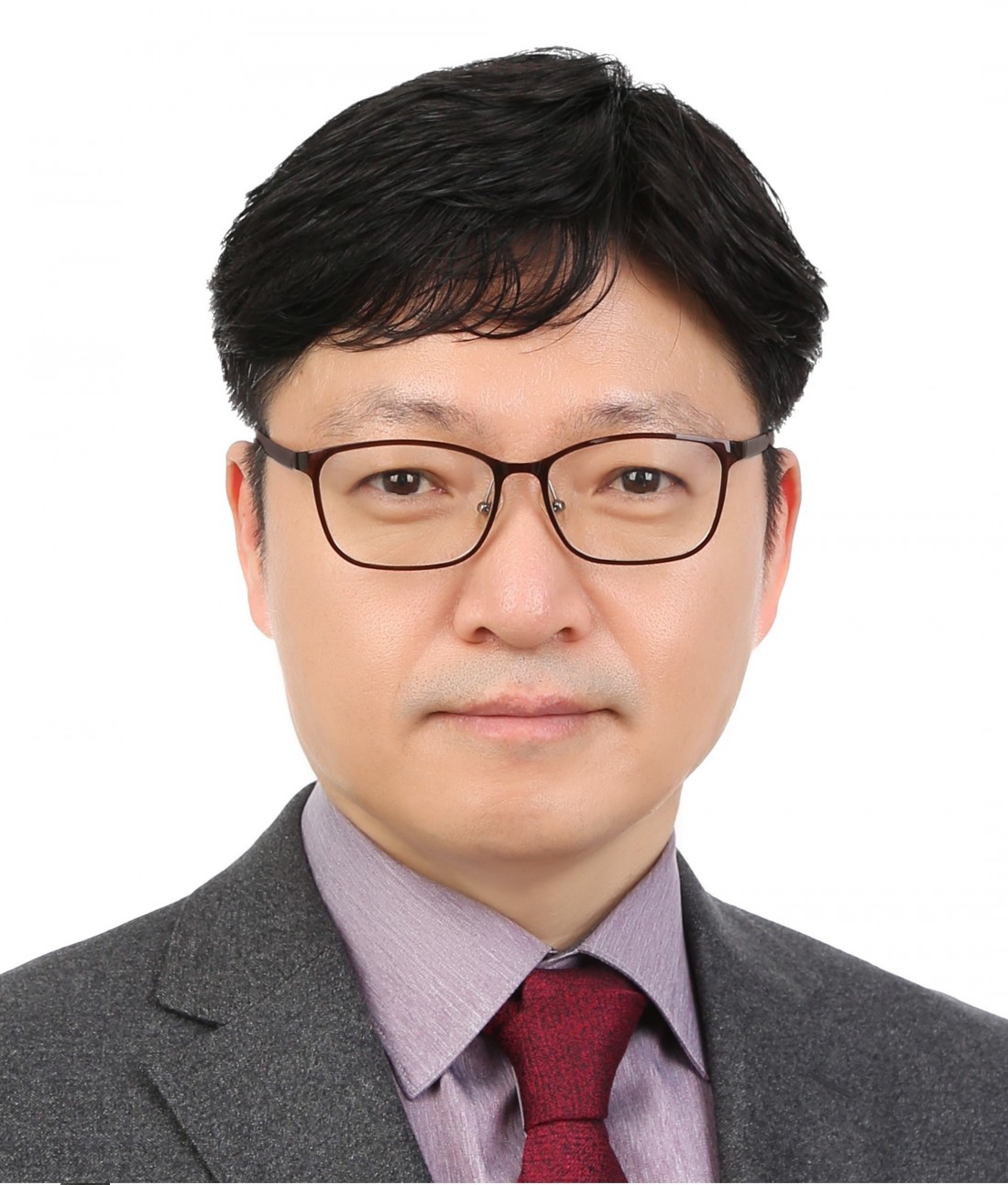
Kang-Hyun Song
BiographyDr. Kanghyun Song is a Senior Vice President and the Head of the Decarbonization R&D Center at Korean Register (KR), which is a member of the International Association of Classification Societies (IACS) and ranks 7th globally among classification societies. At the Decarbonization R&D Center, Dr. Song leads various technical initiatives to support shipowners in complying with decarbonization regulations from the IMO and EU, including greenhouse gas verification, the development of engine and fuel supply systems, liquefied hydrogen carriers, and research on small modular reactors (SMRs). Dr. Song began his career in 1996 as a naval technical officer, working on submarine design. After joining KR, he contributed to ship motion analysis, structural analysis, offshore structure evaluation, and the development of classification rules. Currently, he leads projects focused on supporting shipping companies with decarbonization strategies, including the implementation of energy-saving devices (ESDs), operational profile analysis, and regulatory compliance planning. In recent years, Dr. Song has been actively involved in green shipping corridor initiatives in collaboration with the Korean government, establishing partnerships between Korea and the U.S., Europe, Australia, and Asia. He serves as a board member of both the Society of Naval Architects of Korea and the Korean Society of Marine Engineering, and previously represented Korea at the IMO and served on the IACS Safe Decarbonization Panel. |
|
| 09:40-10:00 (20') | K3-1 |
Wind Challenger, Innovative GHG Reduction Technology
Nobuyuki Onishi (Mitsui O.S.K. Lines, Deputy General Manager, Japan) 윈드 챌린저: 혁신적인 온실가스 감축 기술 | 노부유키 오니시 차장(미쓰이 상선) |
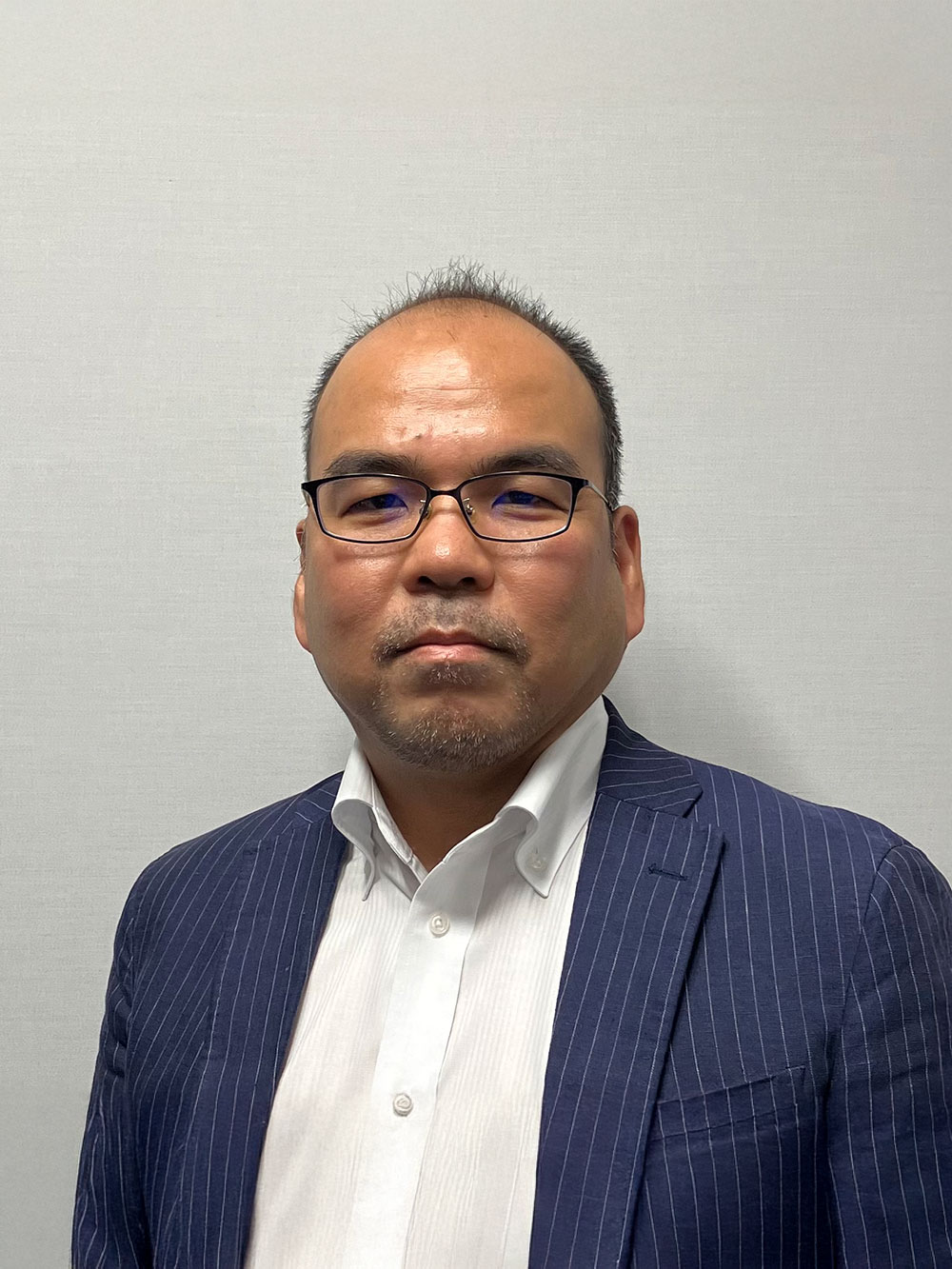
Nobuyuki Onishi
2002 Graduated Master Course of Marine Engineering, Osaka Prefecture University 2002 Joined Mitsui O.S.K. Lines Ltd, LNGC Project, Technical Division 2004 Construction Supervisor for LR Tanker, PCC, VLCC (Korea, Japan) 2005 Technical Super Intendent, MOL Tankship Management (MOL subsidiary) 2009 Assistant Manager, Ship Design Team, Technical Division 2012 Assistant Manager, LNG Project Team, Technical Division 2016 Site Manager for LNGC, DSME 2018 Manager, R&D Team, Technical Division. Project Manager, Wind Challenger 2024 Deputy General Manager, Technical Division
The wind challenger is one of the core technologies of our all-out efforts to achieve zero-emissions to achieve the targets set in MOL Environmental Vision.
The most rational way to achieve zero-emissions shipping is not to use a single technology, but to use a combination of energy saving technology and fuel transition. By installing multiple Wind Challenger Sails, it is possible to save fuel more than ever before. Use renewable energy to drastically reduce fuel consumption while minimizing the use of expensive zero-emission or low-emission fuels. Here we would like to introduce our company's efforts, focusing on the Wind Challenger. |
| 10:00-10:20 (20') | K3-2 |
Maritime Energy Transition R&I in Norway and the Zero-Emission Cruise Ships for Hurtigruten Flagship Project
Trond Johnsen (SINTEF, Centre Director, Norway) 노르웨이 해양 에너지 전환 연구개발(R&I) 및 Hurtigruten 주력 프로젝트를 위한 무배출 크루즈선 개발 | 트론드 욘센 원장(SINTEF) |
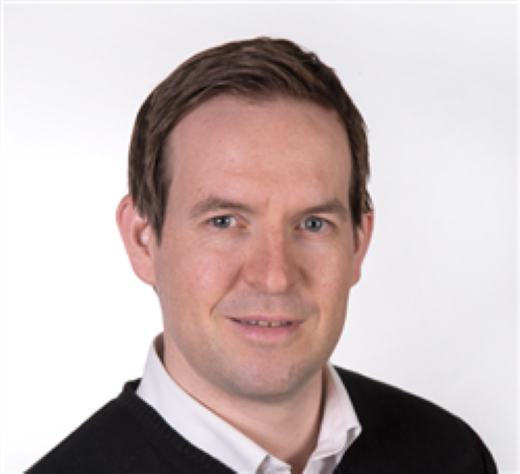
Trond Johnsen
Trond Johnsen is Chief Market Developer in SINTEF Ocean and Director of the Norwegian R&D-centre for green shipping; FME MarTrans. He graduated M.Sc. in 2006 from Norwegian University for Science and Technology (NTNU), specializing within Industrial Economics and Maritime Logistics. Since then, he has worked with maritime research and innovation in various positions, the previous decade heading the SINTEF Ocean department for Maritime Transport. As Director of FME MarTrans, he has been engaged in national and international strategic research agendas for the maritime sector, and is today seated at the board of WATERBORNE – EU’s technology platform for maritime R&D.
The Norwegian maritime industry is well-known for being at the forefront of technology development and innovation, specially towards the greening and decarbonization of shipping. One of the major driving forces is the R&D centre for Maritime Energy Transition (FME MarTrans), which is a public-private partnership with 65 partners from across the whole maritime value chain. The collaborative culture of the Norwegian cluster is considered one of the most important strongholds, and MarTrans is a key demonstrator of this. The Centre also includes international partners, HD Hyundai being one of them. MarTrans has secured funding for 8 years, mainly for education and research activities. Development of innovation projects building on the results is also a key priority.
Sea Zero – Zero Emission Cruise Ships, is one of the ongoing innovation projects. The ambition is to eliminate emissions to sea and air from the well-known coastal express cruise liner Hurtigruten. The concept design is finalized and model-tested, combining several energy-saving technologies such as wind-assisted propulsion, air-lubrication, contra-rotating propellers, hull-cleaning robots, smart cabins and autonomy. The combined energy-saving potential is proven to be 40-50%, making the transition to batteries and green electricity actually possible even for this 140 meter long cruise ship. This would however require charging once a day along the route, and therefore the project is also working on the development of efficient and standardized charging infrastructure together with the relevant ports |
| 10:20-10:40 (20') | K3-3 |
Dynamic Green Ammonia Production
Pat Han (Skovgaard Energy, Chief Technology Officer, Denmark) 청정 암모니아 생산을 위한 혁신적 시스템 | 팻 한 CTO(스코브가르드 에너지) |
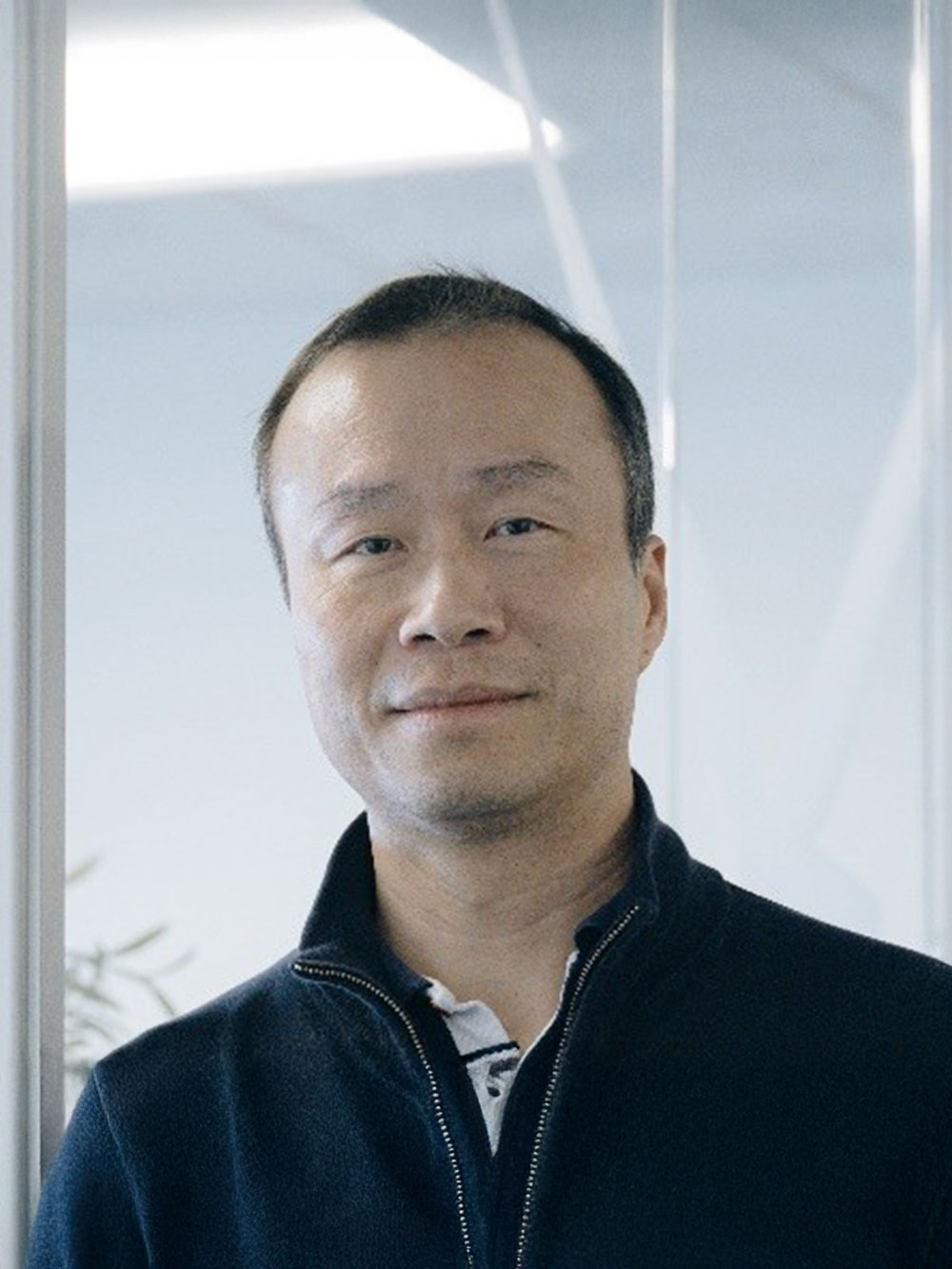
Pat Han
Pat Han with a MSc. in Chemical Engineering from DTU in 1999 and has been employed by Haldor Topsøe for 17 years in total. Starting as process engineer and continued as ammonia technology supervisor until 2012. From 2017-2021 had a role as R&D Director for technology development of ammonia and methanol technology especially within green and dynamic ammonia synthesis.2012-2016 worked for GPN/Borealis supporting the production of ammonia.Joined Skovgaard Energy in autumn 2021 for the realization of the world’s first dynamic green ammonia plant powered directly by wind and PV power. Pat Han holds many patents within ammonia technology and ammonia/methanol co-production.
Skovgaard Energy is the owner of the world first dynamic and flexible ammonia plant powered directly from wind and PV power. The plant is under construction and expected to be commissioned by Oct 2025. It is a 10 MW plant or 24 metric tonnes per day of ammonia and the turndown ratio is 5 - 100 % of nominal capacity.
Ammonia is an eminent energy vector, and the presentation will also cover a discussion of ammonia to power technologies, which will be needed in the marine sector for propulsion as well as for stationary power plant applications in times of low renewable power output. |
| 10:40-11:00 (20') | K3-4 |
Advancements in Zero-Carbon Ship Innovation
Young Chang (James) Shon (Hanwha Ocean, Chief Technology Officer, Korea) 무탄소 선박 기술개발 현황 | 손영창 제품전략기술원장(한화오션) |

Young Chang (James) Shon
Mr. Shon has been a specialist in gas turbines and turbo compressors since joining Hanwha Aerospace (formerly Samsung Techwin). With his expertise in engineering, project management, and business planning, he was appointed General Manager of the Energy Equipment Business Unit in 2014. He continued his career in the energy sector (Oil & Gas and Power) as a Senior Vice President in Hanwha Power System, and in 2021, briefly transitioned to the Hydrogen Business Unit at Hanwha Impact. In early 2022, he returned to Hanwha Power Systems as CEO. In September 2024, he was appointed Head of Product & Technology Strategy at Hanwha Ocean, further expanding his leadership in the field. ● CEO, Hanwha Power Systems & Hanwha Power Systems Holdings Corp. '22 ~ '24 ● CTO, Product & Technology Strategy, Hanwha Ocean '24 ~
The maritime industry is undergoing a transformative shift toward zero-carbon operations, driven by tightening environmental regulations and growing pressure to decarbonize. This presentation explores the core technological pillars enabling this transition, including fuel transformation.
|
| 11:00-11:30 (30’) | Q&A and Discussion | ||
| 11:30-13:00 (90’) |
Lunch Session (Sponsored by Rakuten Maritime) |
||
| 13:00-14:50 (110') |
[K4] Digital Connectivity, Autonomy and Electrification Chairperson : Kang-Ki Lee (Zollner Energy Systems GmbH, Managing Director, Germany) 디지털 전환이 이끄는 해양 기술 혁신: 연결성, 자율성, 전기화 | 이강기 사장(Zollner Energy Systems GmbH) |
Chairperson
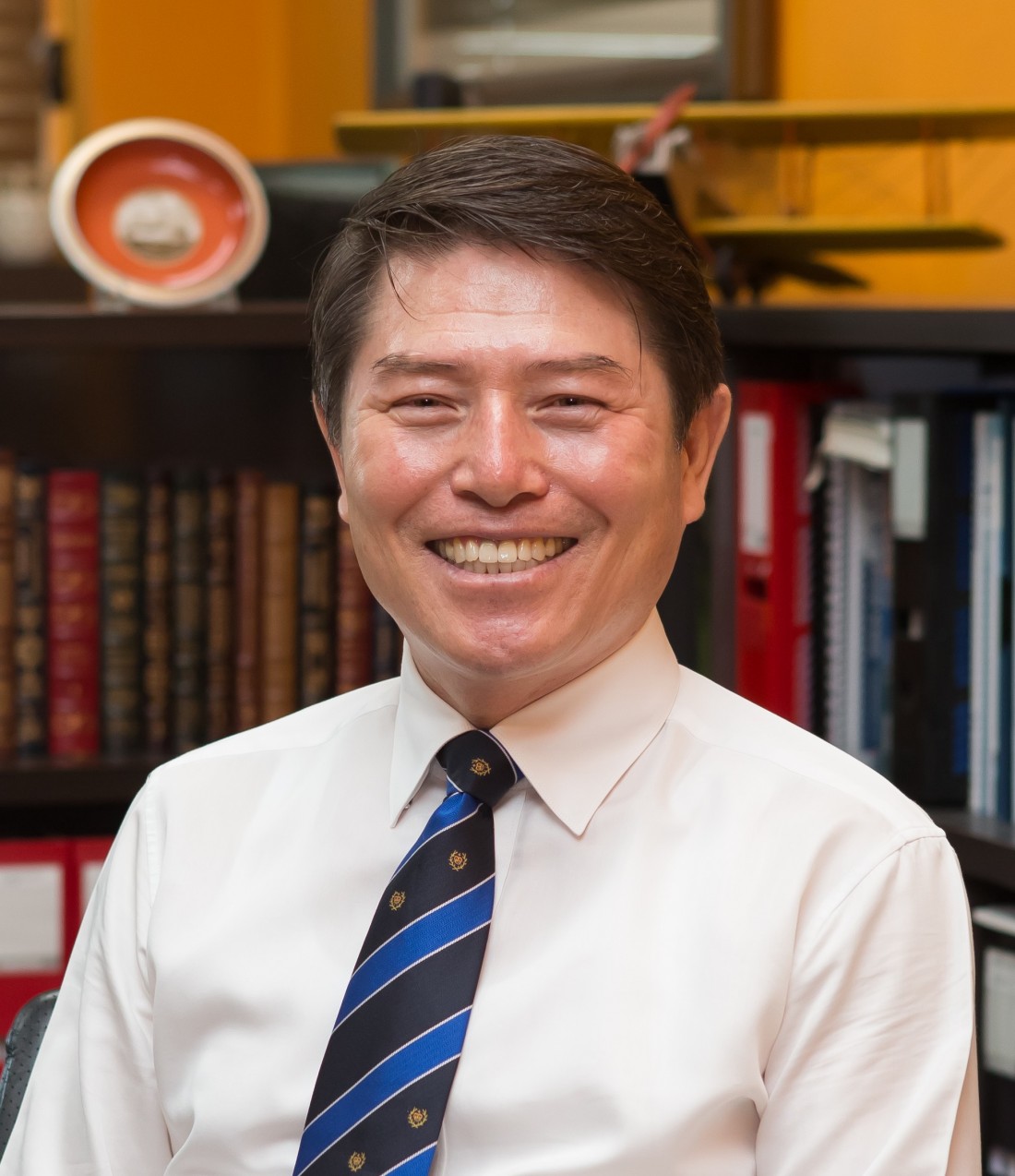
Kang-Ki Lee
BiographyKang-Ki Lee holds an PhD in Maritime Energy Management from World Maritime University in Malmo Sweden, focusing on maritime energy management and how to mitigate GHG emissions from shipping. His research interests are GHG emissions, energy strategy and alternative fuels in maritime transportation. He added management skill through executive management courses of MAN Group with WHU and Oxford University (2007-2010) after Industrial Management from Seoul National University (2007) Korea. He worked as professor for (National) Korea Maritime University 2013-2019 after Executive Senior Vice President of DSEC (Subsidy of Daewoo Shipbuilding Machinery Engineering) and President of MAN Diesel Korea & Turbo Far East till 2013since 1987. Currently, he is the managing director of Zollner Energy Systems GmbH, Germany, a partnership associate professor at Klaipeda University, and member of the CIMAC GHG Strategy WG. |
|
| 13:00-13:20 (20') | K4-1 |
Digital Shift to the Software Defined Ship: Achieving Continuous Enhancement Through Integrated AI Solutions
Boram Kim (HD Korea Shipbuilding & Offshore Engineering, Department Leader, Korea) 소프트웨어정의선박(SDS)으로의 전환: AI솔루션을 통한 지속적인 개선 | 김보람 부서장(HD한국조선해양) |
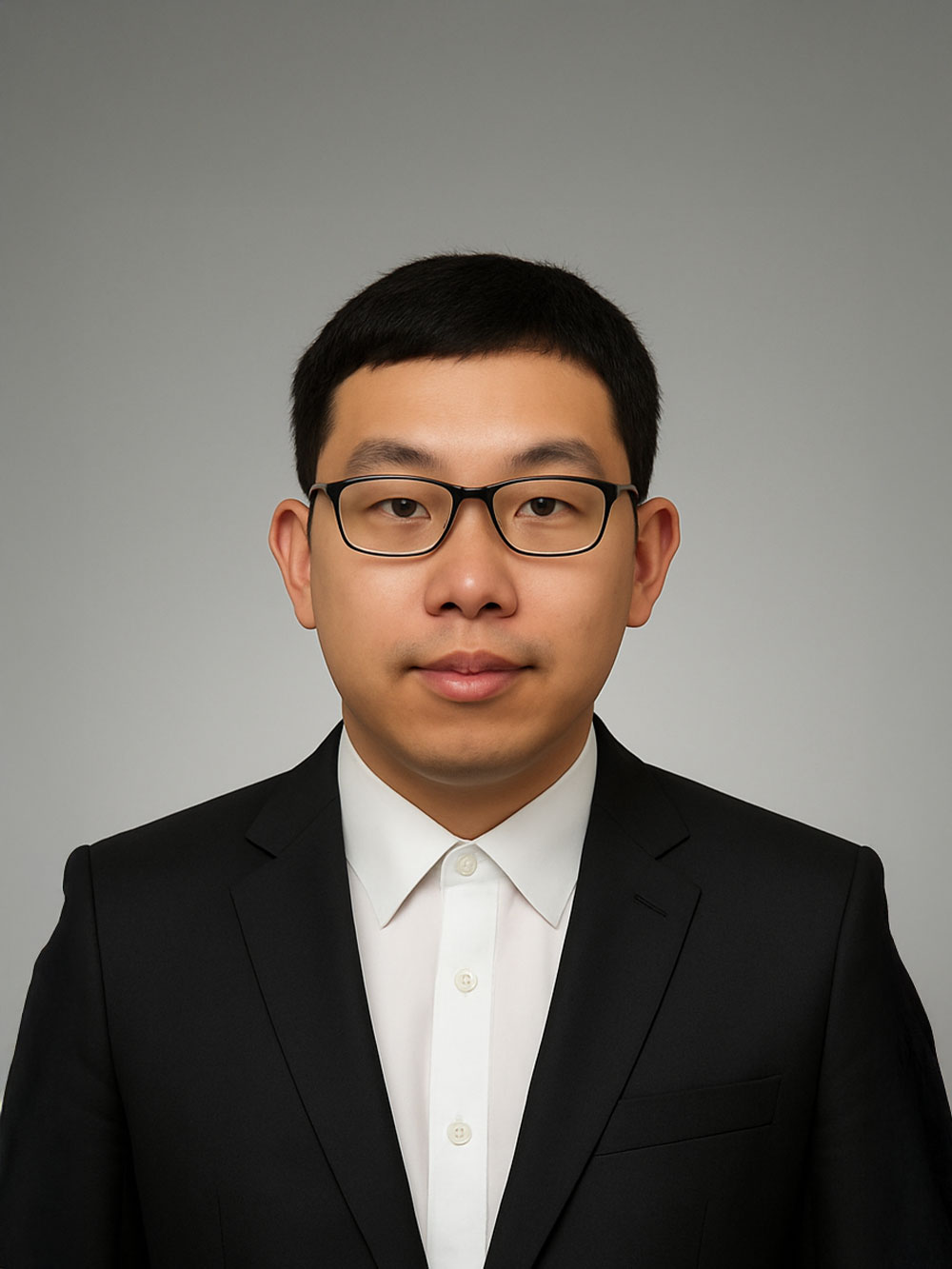
Boram Kim
Education 2004. 3. ~ 2008. 2. B. S., Naval Architecture and Ocean Engineering, Seoul National University 2008. 2. ~ 2010. 8. M. S., Naval Architecture and Ocean Engineering, Seoul National University 2010. 9. ~ 2016. 8 Ph.D., Naval Architecture and Ocean Engineering, Seoul National University Professional Experience 2023.12 ~ present Head of Department, Digital Ship Research Dept., HD KSOE 2022.12~ 2023.12. Senior Researcher, Digital Platform Research Dept., HD KSOE 2020.6 ~ 2022.11. Senior Researcher, Digital Research Center, Hyundai Global Service 2016. 9 ~ 2020.5. Lead Researcher, Digital Ship Research Dept., Hyundai Heavy Industries
As shipboard systems become increasingly complex due to evolving regulations, fuel diversification, and heightened operational demands, the limitations of traditional control methods are becoming ever more apparent. In response to these challenges, HD Hyundai is proactively developing an integrated, platform-based control architecture designed to seamlessly interconnect all onboard systems. This presentation will outline HD Hyundai’s strategic transition toward the Software Defined Ship, wherein artificial intelligence (AI) functions as the “brain” of the platform—enabling real-time situational awareness, intelligent decision-making, and autonomous control.
We will introduce key AI-powered solutions that have already been developed and implemented by HD Hyundai, including HiNAS Control and OceanWise for route prediction and navigation assistance, AI CHS for LNG BOG prediction and energy optimization, Smart FGSS for automated LNG fuel gas supply management, HiCBM for predictive maintenance, and HiCAMS for CCTV-based risk detection and response. By leveraging real-world operational data, these technologies are continuously refined and enhanced, thereby accelerating the realization of comprehensive automation across perception, judgment, and control domains. Ultimately, this presentation will demonstrate that AI is not merely an advanced technology, but a fundamental enabler of safety and efficiency in modern ship operations. Through HD Hyundai’s pioneering initiatives, we aim to provide insight into both the current landscape and future trajectory of smart ship innovation. |
| 13:20-13:40 (20') | K4-2 |
New Energy Systems and Control for Future Vessels
Suresh Badri Narayanan (DEIF, Senior Vice President, Denmark) 미래형 선박을 위한 차세대 에너지 시스템과 첨단 제어 기술 | 수레시 바드리 나라야난 부사장(DEIF) |
Suresh Badri Narayanan
Suresh is anelectrical engineer with executive diploma in business management from IMD with36 years of work experience in sales, marketing, product management, strategicbusiness development working closely with R&D to realize the ideal productportfolio for the market. Currently works for DEIF A/s a company specialized inenergy controls for land and marine applications. DEIF is a family ownedcompany established in 1933 has 90+ years of experience providing reliable,high quality advanced control systems.
Over theyears the company has expanded to provide PLCs and more recently announced thesilicon carbide technology based power converters.
DEIF goal is to provideintegrated control and power conversion for the marine industry to help themtransition from fossil fuels to new energy sources like fuel cells, electricpropulsion, including battery storage.
Summary The presentation aims at sharing how the marine industry changing in terms of energy used for propulsion and power with alternate fuels and alternate energy sources including storage. The overview of how the systems will look like in future and what kind of controls and power conversion systems will be employed to have a reliable and efficient system.
The presentation will also talk about emerging technologies that support the future demands including cybersecurity, flexible energy control and high efficient power conversion systems. The presentation will also highlight the key benefits of the future systems and key challenges that the industry need to work together and overcome to make these systems a reality in near future. |
| 13:40-14:00 (20') | K4-3 |
Development of Cyber Security Model on Smart Ship
Joonbum Kim (Korean Register, General Manager, Korea) 스마트 선박의 사이버 보안 모델 | 김준범 팀장(한국선급) |
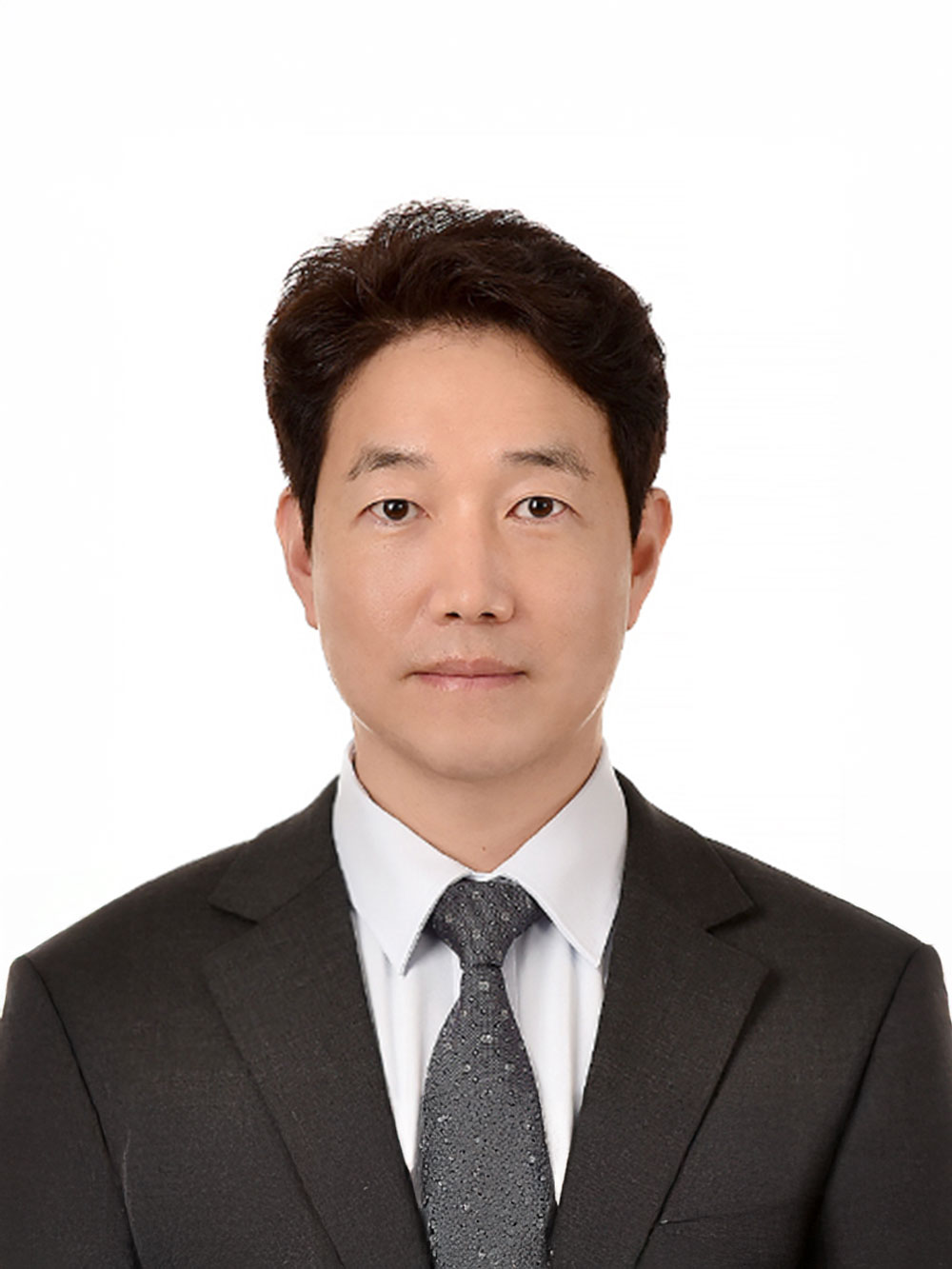
Joonbum Kim
(2003) Graduated from Seoul National University, School of Electrical Engineering (2004~2007) Republic of Korea Navy (2010~2012) Marine Electronics (2012~) Korean Register, Research Division, Survey Division
Cyber security is being threatened while digitalization on board system goes further. Smart ship is the result of high technology, but on the other hand it is vulnerable to cyber threat. Cyber threat evaluation regarding automation of onboard system is crucial for the implementation of cyber security. When the system is more automated, the more exposed to cyber threat. The cyber security matrix on ‘smart’ vs. ‘threat’ can be used to adopt relevant safety measures to the threat. Risk assessment and cyber security model on smart ship will be general process for the design of cyber safety system on board.
|
| 14:00-14:20 (20') | K4-4 |
Current Environmental Emission Rules and Baltic Countermeasures
Rima Mickevičienė (Klaipeda University, Professor, Head of Marine Engineering Department, Lithuania) 현재 환경 배출 규칙 및 발트해 대응 방안 | 뤼마 미케뷔체네 교수(클라이페다 대학교) |

Rima Mickevičienė
Current position: Professor and Head of the Marine Engineering Department at Klaipėda University, and Institutional Coordinator of the European University for Smart Urban Coastal Sustainability, comprising nine universities in different EU Member States. Education: Doctor of Technology Sciences in Transport Engineering. Kaunas University of Technology, Lithuania, 2000. Prior to doctoral studies, I was a technologist and surveyor at a Trawl Fleet Repair Base, as well as a college teacher. I have been involved in university management since the beginning of my academic career: five years as vice-dean, fourteen years as a faculty dean, thirteen years as a member of the Senate and five years as a member of the University Council. Professional training: International Welding Engineer. IIW Authorised Training Body for Germany (DVS PERSZERT), 2007. International Welding Inspector, comprehensive level. IIW Authorised Training Body for Germany (DVS PERSZERT), 2012. Project activities: Project manager, coordinator and senior researcher on 21 international (LdV, Erasmus, Erasmus+, FP6, FP7, Horizon 2020 and Horizon Europe) and national educational and R&D projects. Research interests: ship decarbonisation, ship hydromechanics, shipbuilding and ship repair technologies, and welding quality assurance.
The Baltic Sea is shallow and brackish, with limited capacity to withstand the negative effects of human activities and climate change. For many years, the states surrounding the Baltic Sea, other European countries, and global organisations have been concerned about the sea's health and recovery. The Helsinki Commission (HELCOM) is the basis for cooperation of all Baltic Sea states and the European Community in the field of Baltic Sea protection from all sources of pollution and restore the area's ecological balance. HELCOM operates within the framework established by IMO, implementing, adapting to the specific context of the Baltic Sea and often enforcing IMO regulations within the Baltic Sea. The Helsinki Convention on the Protection of the Marine Environment of the Baltic Sea Area was originally signed in 1974 by all Baltic Sea coastal countries. Provided by HELCOM Recommendations on areas of concern on the protection of the Baltic Sea environment are to be implemented by the Baltic Sea states through their national legislation. It came as no surprise that the Baltic and North Seas were designated as ECA zones in 2005, when the maximum permitted sulphur content in marine fuel is 0.1%, while the limit for open sea areas are 0.50% m/m. If shipping companies were previously content to use low-sulphur marine fuels or scrubbers, the latest IMO and EU policies force them to urgently implement effective decarbonisation measures, such as retrofitting. According to Lloyds Register, the potential market for retrofits consists of 28.000 ships. Retrofitting ships is a high impact activity for ships and requires the right skills and capacities. Therefore, shipyards and the companies that cluster around them began to specialise in these activities. Ports are investing in infrastructure for alternative and renewable marine fuels.
This presentation aims to shed light on how shipping companies operating in the Baltic Sea are adapting to ever-stricter environmental requirements, and on the regional ecosystem consisting of enterprises providing ship design, shipbuilding and retrofitting services, higher education institutions, and vocational schools as well as Klaipeda seaport with its LNG and H2 infrastructure. |
| 14:20-14:50 (30’) | Q&A and Discussion | ||
| 14:50-15:10 (20’) | Break | ||
| 15:10-17:20 (130') |
[K5] Global Technology Trends in Maritime Equipment Chairperson : Kang-Ki Lee (Zollner Energy Systems GmbH, Managing Director, Germany) 세계 기자재 기술 트렌드 및 산업 동향 | 이강기 사장(Zollner Energy Systems GmbH) |
||
| 15:10-15:30 (20') | K5-1 |
Green Multi-Fuel Engines
Sang-Kee Rhee (HD Hyundai Heavy Industries, Executive Vice President, Korea) 친환경 다종연료연소엔진 | 이상기 전무(HD현대중공업) |
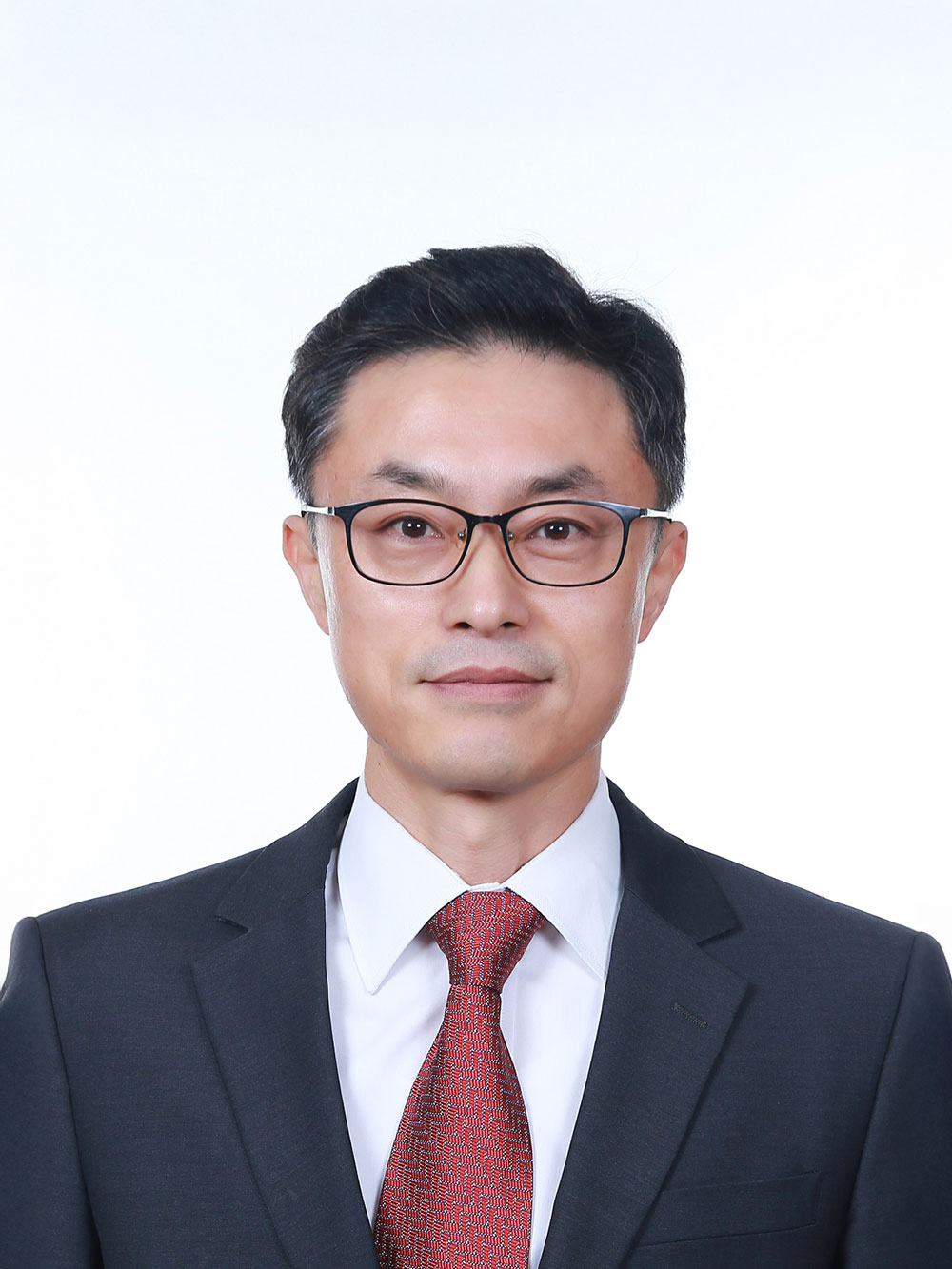
Sang-Kee Rhee
Dec, 1993 Joined HHI-EMD (Hyundai Heavy Industries Engine & Machinery) / Engine Design Dep’t Sep, 2012 Customer Service Department Dec, 2013 Head of 4-stroke HiMSEN Engine Design Department Jan, 2014 Head of Quality Management Department Jan, 2019 Senior Vice President, Head of 4-Stroke HiMSEN Engine Design & Engineering Dec, 2023 Executive Vice President, Head of Design & Engineering
The maritime industry is facing increasingly strict GHG emission regulations in line with global climate action. The EU has introduced the EU ETS and FuelEU Maritime to regulate ship emissions, while the IMO approved mid-term GHG reduction measures at the 83rd MEPC meeting in April 2025, establishing a framework for gradually tightening global rules. In response, short-term expansion of low-carbon fuels like LNG and biodiesel blends is needed, alongside a mid- to long-term shift to zero-carbon and eco-friendly fuels such as e-fuels (methane, methanol, ammonia, hydrogen), RFNBOs. This presentation outlines the development strategy and technological direction for green multi-fuel marine engines to effectively meet these regulatory challenges and support sustainable shipping.
|
| 15:30-15:50 (20') | K5-2 |
Driving Maritime Decarbonisation: How Hempel’s Silicone Coatings Have Become the Trusted Solution to Increase Efficiency
Anna Pasiou (Hempel A/S, Global Director of Marine Solution Management, Greece) 해양 탈탄소화를 이끄는 실리콘계 선체 코팅 기술의 효율성 향상 효과 | 아나 파시우 이사(헴펠) |
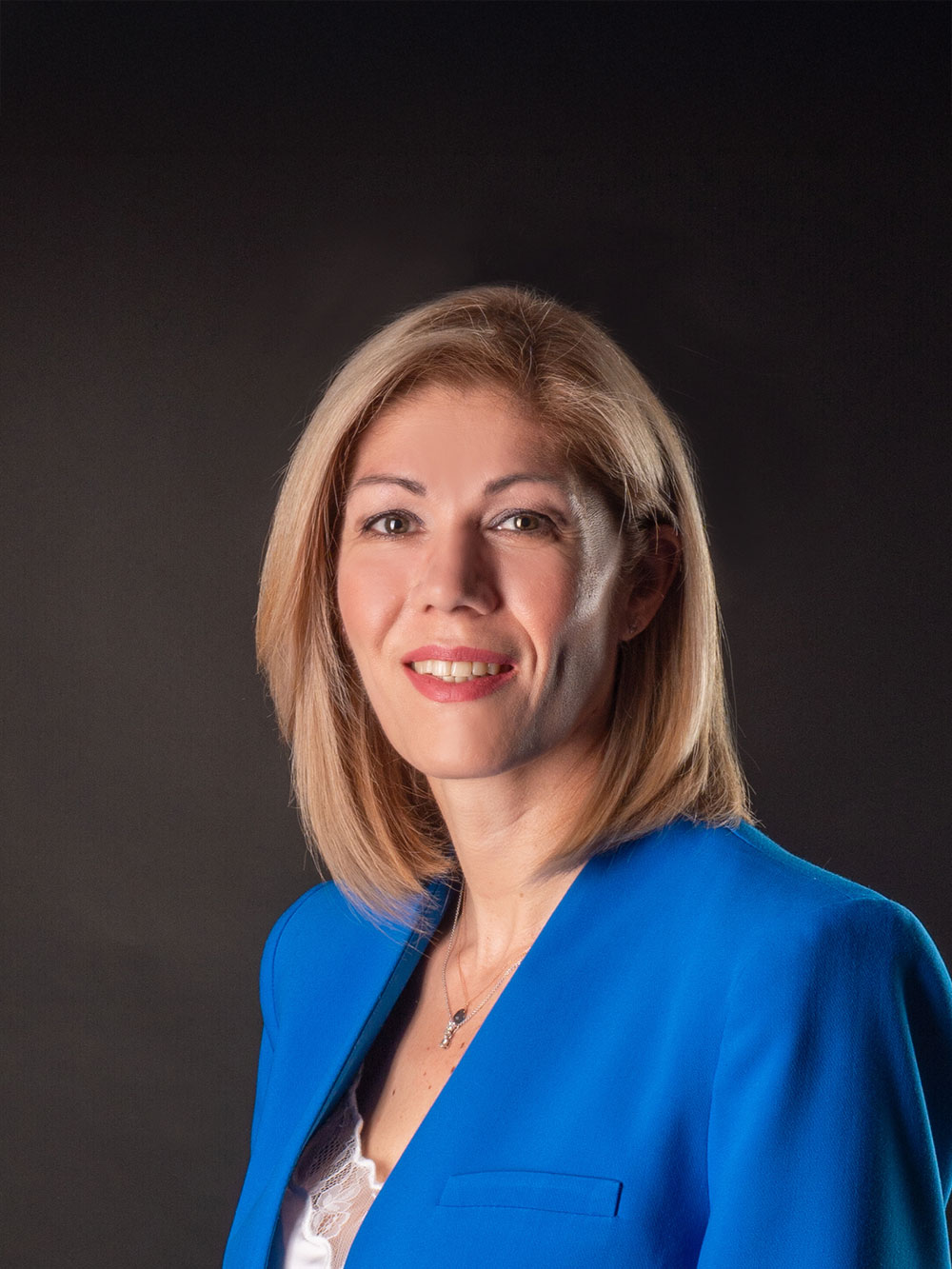
Anna Pasiou
Anna Pasiou is the Global Director for Marine Solution Management at Hempel, a position she assumed in September 2024. Prior to joining Hempel, Anna served as Regional Sales Director for the Support Services business in Central & Eastern Europe at Microsoft. Anna brings over 25 years of international executive leadership experience, with a strong focus on strategic business services and technology-driven transformation.
As the maritime industry accelerates its transition toward sustainability, increasing efficiency has never been more critical. In this session, Hempel reveals why its silicone coatings are the market-leading premium antifouling solutions – trusted by shipowners and operators to achieve measurable fuel savings while supporting decarbonisation targets.
Through performance data, case studies, and insights from the field, we’ll explore how these coatings deliver real-world results—enhancing operational efficiency and reducing environmental impact. |
| 15:50-16:10 (20') | K5-3 |
Gas Bunkering Challenges: the Multiple Transfer Solutions Reflected by a Solid Marketing Strategy
Sander Verweij (Trelleborg Gas Transfer, Managing Director, The Netherlands) 가스 벙커링의 과제: 견고한 마케팅 전략이 반영된 다중 이송 솔루션 | 샌더 버웨이지 총괄이사(트렐레보그 가스 트랜스퍼) |
Sander Verweij
Sander Verweij is responsible for Cryogenic Hose solutions. Sander, who holds 25y of experience in this sector, has actively contributed to the pioneering entrance of Gutteling BV (now part of Trelleborg) to the market of cryogenic composite hoses, driving the evolution of the industry towards the adoption of flexible hose transfer solutions for small, medium, large scale and bunkering applications. Sander keeps putting lots of efforts to support clients with tailored hose management programs, helping them to properly understand hose behaviors throughout the whole lifecycle and contributing to life extension scenarios in full operational safety. With a decade of experience into LNG bunkering, Sander is a key contributor to the further development of the industry towards more challenging applications and new fuels.
To prepare for the future, the LNG industry must embrace digitalization, automation, and flexibility for emerging fuels within a marketing strategy that shall be solid and accurate from the very beginning.
As the industry evolves, smart, modular solutions and predictive technologies will be essential. We must be able to lead in setting standards and supporting customers through the full equipment lifecycle. By innovating with purpose, we can help shape a safer, more efficient, and sustainable bunkering future. This Presentation covers all the lessons we and the industry have learnt, how we need to prepare to be ready for the future and what we need to do as an equipment supplier to ensure we best meet these challenges granting a wider array of commercial opportunities to our clients. |
| 16:10-16:30 (20') | K5-4 |
Onboard Carbon Capture Solutions
Stian Aakre (Wärtsilä, General Manager R&D of Exhaust Treatment, Norway) 선박 탑재형 이산화탄소 포집 솔루션 | 스티안 아크레이 연구개발 총괄 책임자(바르질라) |
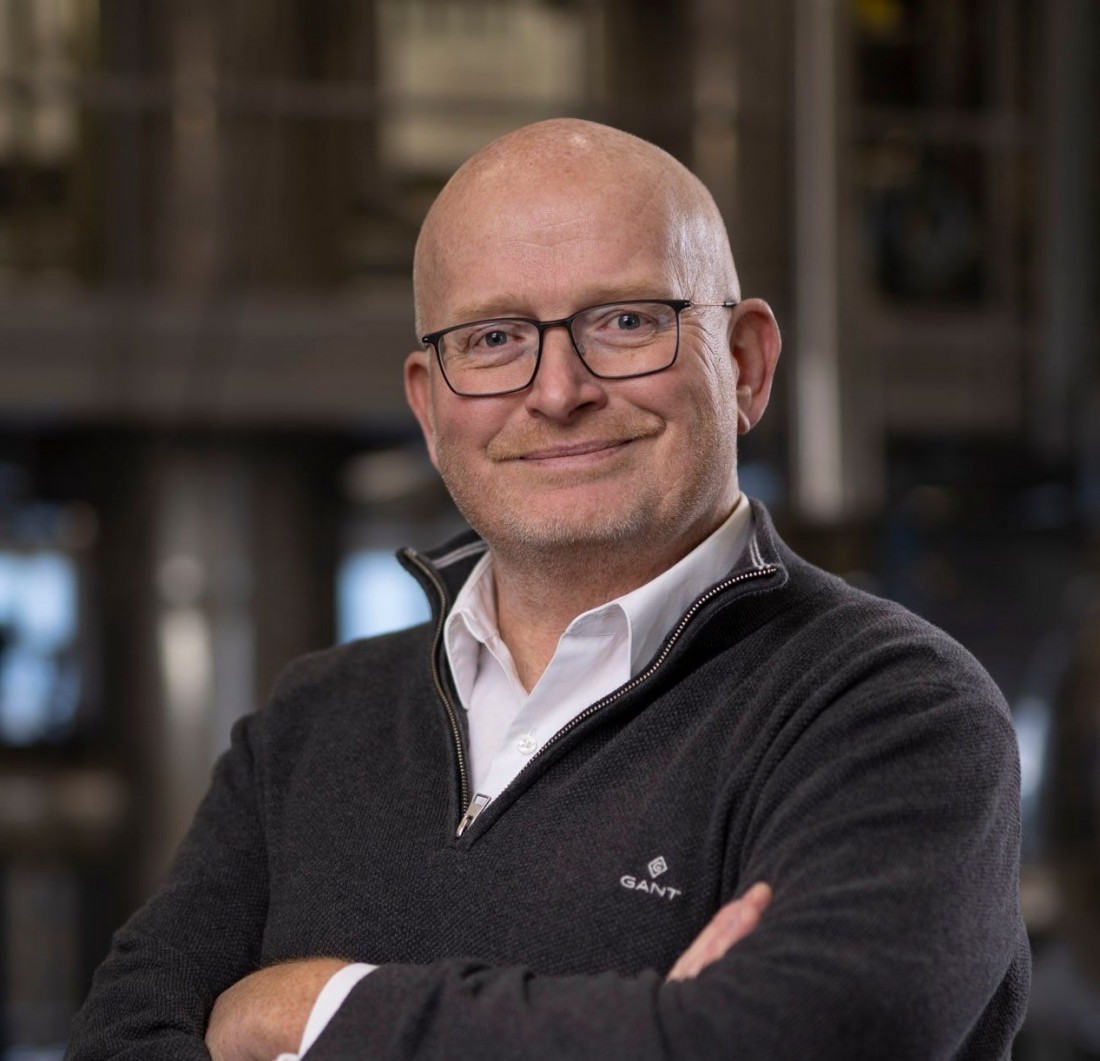
Stian Aakre
Stian Aakre holds an MSc degree in physical chemistry from Norwegian Institute of Technology (1990). He has been working within the fields of marine and shore based applications of environmental technology for more than 30 years. Prior to joining Wärtsilä in 2010 he served as Head of Environment for a major Norwegian ship-owner and as a consultant within environmental technology and sustainability. He is currently General Manager, Technical and R&D, Wärtsilä Exhaust Treatment.
An overview of the development, challenges and status of the world’s first full scale CCS system installed onboard ethylene carrier Clipper Eris, owned by Solvang Shipping, Norway.
|
| 16:30-16:50 (20') | K5-5 |
The Competitive Landscape for Icebreakers
Michael Paik (Hoppe Marine GmbH, Legal Counsel, Germany) 쇄빙선 시장의 경쟁 지형 | 백선우 변호사(호페 마린 GmbH) |
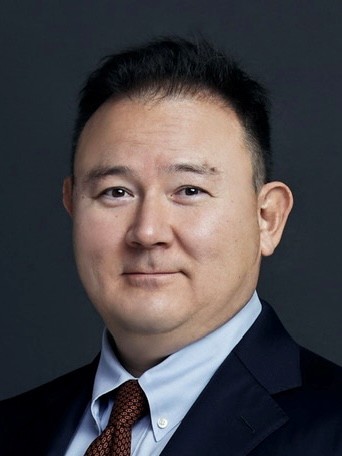
Michael Paik
Experience General Counsel, BABL.ai, Dec 2024 - Present Founder & Chief Executive Officer, GRC Solutions Korea, Oct 2023 - Present General Counsel & Director, Consulting, CUBE Consulting, Inc., May 2006 - Present Adjunct Professor & Lecturer, Seoul National University, Sep 2005 - Aug 2024 (19 years) Adjunct Professor, Ewha Womans University, Mar 2023 - Jan 2024 (1 year) Senior Foreign Legal Consultant, Jipyong, Jan 2023 - Jan 2024 (1 year 1 month) Statutory Auditor, Irongrey, Mar 2021 - Jan 2023 (1 year 11 months) Board Member, VNTG, Jun 2020 - Jan 2023 (2 years 8 months) Board Member, Everguard.ai, Jul 2019 - Jan 2023 (3 years 7 months) Senior Executive Vice President, SeAH Holdings Corporation, Apr 2016 - Jan 2023 (6 years 10 months) Statutory Auditor, LB Investment, Jan 2022 - Jun 2022 (6 months) Trustee, Inje University, Oct 2007 - Nov 2019 (12 years 2 months) Outside Director, Lantern Advisory & Investments, May 2015 - May 2019 (4 years 1 month) Outside Director, Hoppe Marine GmbH, Nov 2012 - May 2019 (6 years 7 months) Outside Director, Haeam Foundation, Mar 2015 - Jun 2016 (1 year 4 months) General Counsel and Director, EnerOne, Apr 2011 - Mar 2016 (5 years) Partner, Hanol Law Offices, Mar 2006 - Apr 2015 (9 years 2 months) Director, Samho Green Investments, Jul 2010 - Mar 2011 (9 months) VP Risk Management, STX Europe ASA, Mar 2009 - Aug 2009 (6 months) Director, Global Legal, STX Corporation, Mar 2008 - Jul 2008 (5 months) Invited Professor, Judicial Research & Training Institute (JRTI), Ministry of Justice, Mar 2006 - Mar 2008 (2 years 1 month) General Counsel, Hankook Tire, May 2004 - Apr 2007 (3 years) Legal Advisor, Incheon Free Economic Zone, Mar 2005 - Mar 2007 (2 years 1 month) Assistant Professor, Yonsei University, College of Law, Mar 2004 - Mar 2006 (2 years 1 month) Legal Advisor, Korean Nurses Association, May 2004 - May 2005 (1 year 1 month) Board Member, California Young Lawyers Association, Sep 2003 - Sep 2004 (1 year 1 month) Legal Advisor, Korean Venture Capital Association, Feb 2002 - Jan 2004 (2 years) Attorney, Tomlinson Zisko LLP, Nov 2002 - Nov 2003 (1 year 1 month) Liu, Murray, Lee & Paik LLP, Nov 2001 - Nov 2002 (1 year 1 month) Associate, Wilson Sonsini Goodrich & Rosati, Sep 1999 - Jul 2001 (1 year 11 months) Associate, Cahill Gordon & Reindel LLP, May 1997 - Sep 1999 (2 years 5 months) Summer Associate, Coopers & Lybrand Consulting, May 1996 - Aug 1996 (4 months) Summer Associate, CJ International Law Offices, Jul 1993 - Aug 1993 (2 months) Analyst, Lucky Securities, Sep 1991 - Sep 1992 (1 year 1 month) Education Columbia Law School, JD, Focused on Corporate, Tax and Transactions, 1995 - 1998 Yale School of Management, MBA, Public and Private Management, 1993 - 1995 International University of Japan, Special Student, Japanese Manufacturing Processes (JIT), 1992 - 1993 Syracuse University, BA, Economics, 1988 - 1991 Seoul Foreign School, High School Diploma, Sep 1985 - May 1988 Licenses & Certifications New York Bar - State of New York (active), California Bar - State of California (inactive)
The evolving competitive landscape for icebreakers, shaped by geopolitical rivalry, technological innovation, and environmental imperatives, presents complex challenges and opportunities for traditional state-backed shipyards and emerging global players alike.
The market for icebreakers is entering a new era of competitive uncertainty and opportunity. While oligopolistic, protected by extraordinary capital and technical barriers—and reinforced by government contracts—legacy advantages are increasingly exposed to disruptive forces: emergent Asian shipbuilding power, accelerated environmental mandates, and technological innovation (notably autonomy and green propulsion). The pace of change is uneven across regions and largely dependent on regulatory and government procurement action. The next decade’s leaders will be those who combine technical agility with political alignment, navigating both literal and regulatory ice fields with equal deftness. |
| 16:50-17:20 (30’) | Q&A and Discussion | ||
| 시간 | 프로그램 | |||
|---|---|---|---|---|
| 09:30-10:45 (75') |
[K6] Advancing Sustainability in the Shipbuilding Industry 조선산업의 지속가능성 향상을 위한 전략 |
|||
| 09:30-09:50 (20') | K6-1 |
HD Hyundai Heavy Industries’ ESG Management Strategy
Hee-Jin Rhew (HD Hyundai Heavy Industries, Senior Vice President, Korea) HD현대중공업의 ESG 경영 추진 전략 | 류희진 상무(HD현대중공업) |
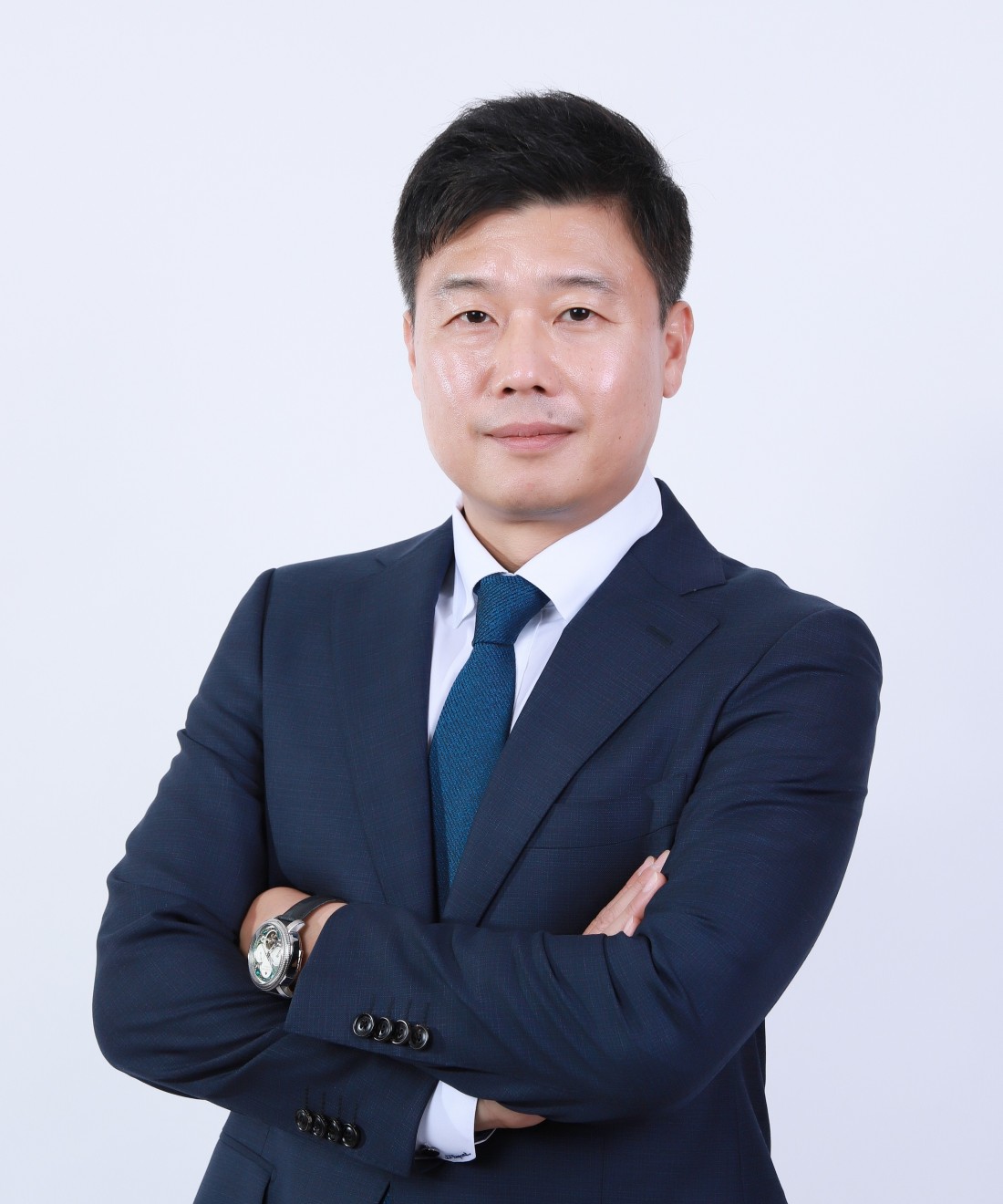
Hee-Jin Rhew
[Education] ● B.S. in Environmental Engineering, Kyungpook National University [Professional Experience] (HD Hyundai Heavy Industries) ● (2016.10~2019.06) Head of Shipbuilding Safety Department, Shipbuilding Business Unit ● (2019.07~2021.03) Senior Vice President of Safety, Shipbuilding Business Unit ● (2021.04~2021.10) Senior Vice President of Safety & Environment, Corporate Safety and Health Office ● (Current) Senior Vice President of ESG – Corporate Safety and Health Office (Concurrent) Chief Safety Officer (CSO), HD Hyundai (Concurrent) Chief Safety Officer (CSO), HD Korea Shipbuilding & Offshore Engineering
HD Hyundai Heavy Industries is advancing its ESG management in line with global trends, including the decarbonization of the shipbuilding and offshore industries. Under the vision of “Future From the Ocean,” the company has established a structured ESG management system and is implementing strategies across environmental, social, and governance pillars.
Key initiatives include strengthening climate resilience, enhancing social responsibility practices, and expanding ESG-related communications. These efforts have led to tangible external results, such as improved ESG ratings. Going forward, HD Hyundai Heavy Industries will continue to enhance its ESG framework and execution capabilities, positioning itself as a first mover in leading the sustainable future of the global shipbuilding and offshore industries. |
|
| 09:50-10:10 (20') | K6-2 |
ESG Regulatory Trends in the Global Shipbuilding Industry: What Korean Companies Need to Know
Hyo-Min Pak (Jipyong LLC, Partner, Korea) 조선산업 ESG 규제 동향과 우리 기업의 대응 전략 | 박효민 파트너 변호사(법무법인(유) 지평) |
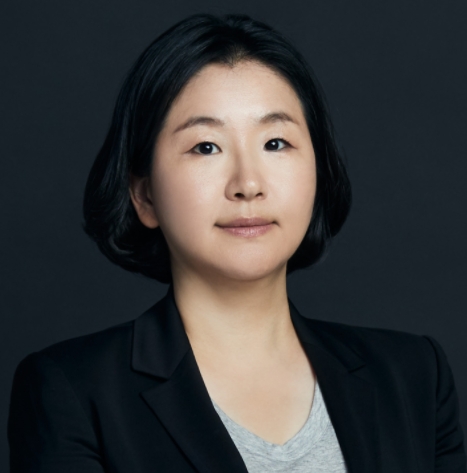
Hyo-Min Pak
● Partner, Jipyong LLC (Seoul, Korea), Partner ● Ph.D. in Law Candidate, Seoul National University, College of Law ● LL.M. in International Legal Studies, Georgetown University Law Center (with distinction) ● Fulbright Graduate Study Scholarship, U.S. Department of State ● Partner, Shin & Kim LLC (2022~2025) ● Associate, Yulchon LLC (2020~2021) ● Deputy Director, Presidential Committee on Northern Economic Cooperation (2017~2018) ● Deputy Director, Ministry of Trade, Industry and Energy (2013–2016) ● Second Secretary, Ministry of Foreign Affairs and Trade (2012–2013) ● Passed the Korean Bar Exam and completed Judicial Research and Training Institute (2010~2012)
This presentation provides an overview of recent ESG regulatory developments affecting the global shipbuilding industry. It will examine international regulations, major policy changes, and compliance requirements. Key topics include decarbonization, green ship technology, and supply chain due diligence. The presentation will analyze how these trends impact Korean shipbuilders and suppliers. It will also share practical strategies for risk management and sustainable competitiveness. Case studies and policy references will illustrate how companies can adapt to stricter ESG demands. The session aims to help industry stakeholders anticipate challenges and seize new opportunities. Participants will gain insights into regulatory trends and actionable response measures.
|
|
| 10:10-10:30 (20') | K6-3 |
Navigating Supply Chain Due Diligence Requirements in the Maritime Industry
Sang-Hyun Lee (Korea Productivity Center, Team Leader, Korea) 글로벌 해양산업의 공급망 실사 요구사항 대응 전략 | 이상현 팀장(한국생산성본부) |
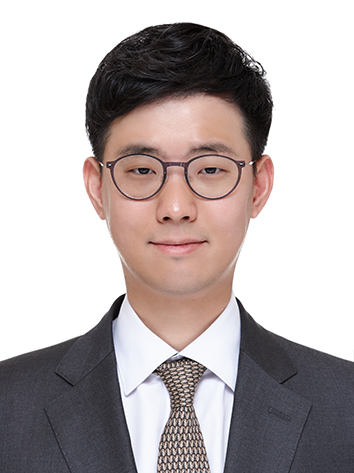
Sang-Hyun Lee
Education • KAIST College of Business, Master of Business Administration (MBA), Mar 2018 – Feb 2021 • Korea University, Bachelor of Business Administration, Mar 2005 – Feb 2014 ________________________________________ Professional Experience Korea Productivity Center (KPC) Team Leader– ESG Advisory Period: January 2015 – Present Key Responsibilities & Achievements: • Delivered consulting services focused on ESG supply chain assessments • Conducted HRDD projects for leading enterprises: policy development, risk identification, stakeholder interviews, and mitigation planning • Designed and delivered ESG training programs; authored ESG insight reports and regulatory updates
1. Key Trends in Supply Chain ESG Due Diligence
2. Requirements and Response Strategies for Supply Chain Due Diligence 3. Corporate Case Studies on Responding to Supply Chain ESG Due Diligence: Focus on the Maritime Industry |
|
| 10:30-10:45 (15') | K6-4 |
Strategic Response to Supply Chain ESG Assessments with a Focus on EcoVadis
Da-Hyun Lee (Korea Productivity Center, Team Leader, Korea) EcoVadis를 중심으로 한 공급망 ESG 평가 대응 | 이다현 팀장(한국생산성본부) |
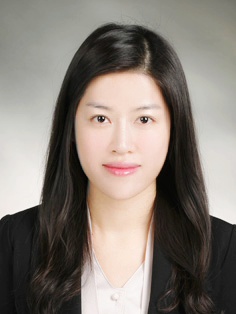
Da-Hyun Lee
- Certified in the EcoVadis Official Training Partner Course - Lecturer for the EcoVadis Public Training Program at the Korea Productivity Center (KPC)
- The background, purpose, and global supply chain significance of EcoVadis, a leading international sustainability rating agency
- The structure and key criteria of the EcoVadis assessment methodology, including its customized approach based on industry sector and company profile - Effective Strategies for Responding to EcoVadis Assessments in the Shipbuilding Industry and Its Supply Chain Partners |
|
| 10:45-11:00 (15’) | Break | |||
| 11:00–12:00 (60’) |
[Special Session] Geopolitical Shifts and Strategic Response – Exploring New Markets 지정학적 변화와 대응 - 신시장 개척 |
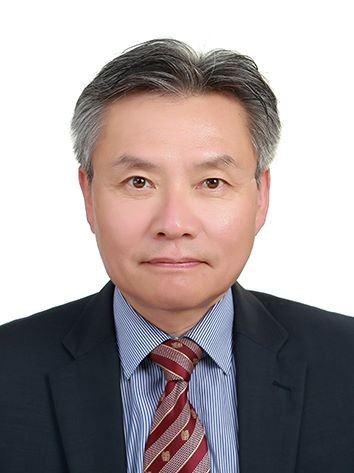
Nam-Young Kang
1992–1999: Samsung Heavy Industries_ Representative, Moscow Office 1995–1996: Samsung Group_ Representative in Russia, Mechanical Group, TechnologyBusiness Division 2001– Present: TRC KOREA_ CEO 2016– Present: Korea Environmental Industry & Technology Institute (KEITI)_Expert Advisor (Russia) 2016– 2020: UNIST (Ulsan National Institute of Science and Technology) _ Industry-AcademiaCooperation Professor 2017– Present: Daegu-Gyeongbuk Machinery Cooperative_ Expert Advisor (Russia) 2019 – Present: KOMEA_Headof Representative office in Russia & CIS
1. Current Status of the Russian Shipbuilding Market
- Impact of sanctions on shipbuilding industry in 2025 - New building plans of the government and United Shipbuilding Corporation (USC) - market status of ship equipment - Demand for modernization of shipyards 2. Strategy for Post-Sanction Business - Package supply of ship equipment with Localization (in stage) - Modernization of shipyards 3. Current Status of the New Caspian Sea Shipbuilding Market (CIS Countries) - Geopolitical instability of the North and Southern routes - Demand of new shipbuilding according to the development of the Middle Corridor - Newbuilding plans of the Caspian countries - Current status of the 6.1K MPC project (Joint project_Korea-Turkmenistan) 4. Strategy for Entering the Caspian Shipbuilding Market - Joint design and construction (Volga-Don Max vessel) - Package supply of ship equipment [KR] 1. 러시아 조선시장 현황 - 2025년 대러 제재의 영향 - 정부 및 USC (조선통합공사) 주도의 신조 계획 - 기자재 시장 현황 - 조선소 현대화 수요 2. 러시아 Post-Sanction business 전략 - 기자재 패키지 공급 및 단계별 현지화 - 조선소 현대화 사업 3. 신흥 CIS 카스피해 조선시장 현황 - 북극항로 및 남방항로의 지정학적 불안정성 - 중앙회랑 개발 기조에 따른 신조 수요 증가 - 카스피해 연안국들의 신조 계획 - 현 6.1K MPC 프로젝트 현황 (한국-투르크메니스탄 공동 선박건조 프로젝트) 4. 카스피해 조선시장 진출 계획 - 공동설계 및 건조 (Volga-Don Max 선박) - 기자재 패키지 공급 |
||
|
Nam-Young Kang (Korea Marine Equipment Association, Head of Representative Office KOMEA In Russia & CIS, Russia)
강남영 러시아 CIS 거점기지 전문위원(한국조선해양기자재공업협동조합) |
||||
| 12:00-14:00 (120’) | Break | |||
| 14:00-16:00 (120’) | [Events] The 4th Kormarine Youth Debating Competition 제 4회 청소년 코마린 토론대회(본선) | |||
Tel. 02-2088-8849 E-mail. info@kormarineconferences.org
사업자번호 : 120-12-13985 COPYRIGHT(C) Kormarine Conference 2025 ALL RIGHS RESERVED.



